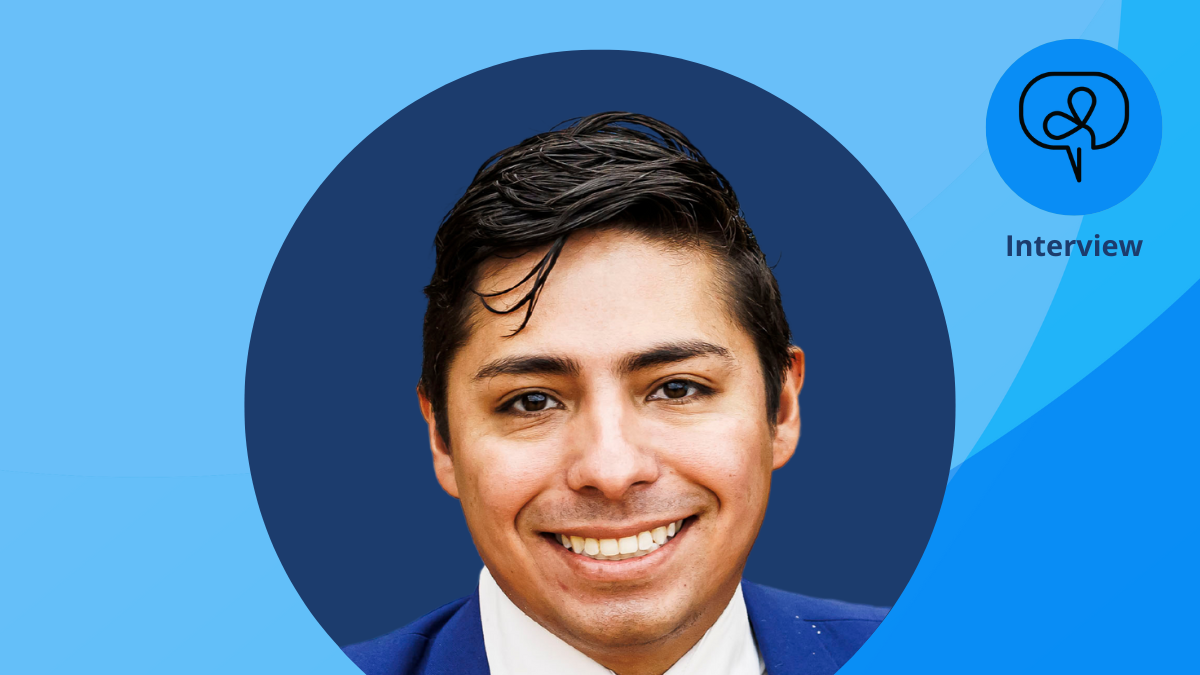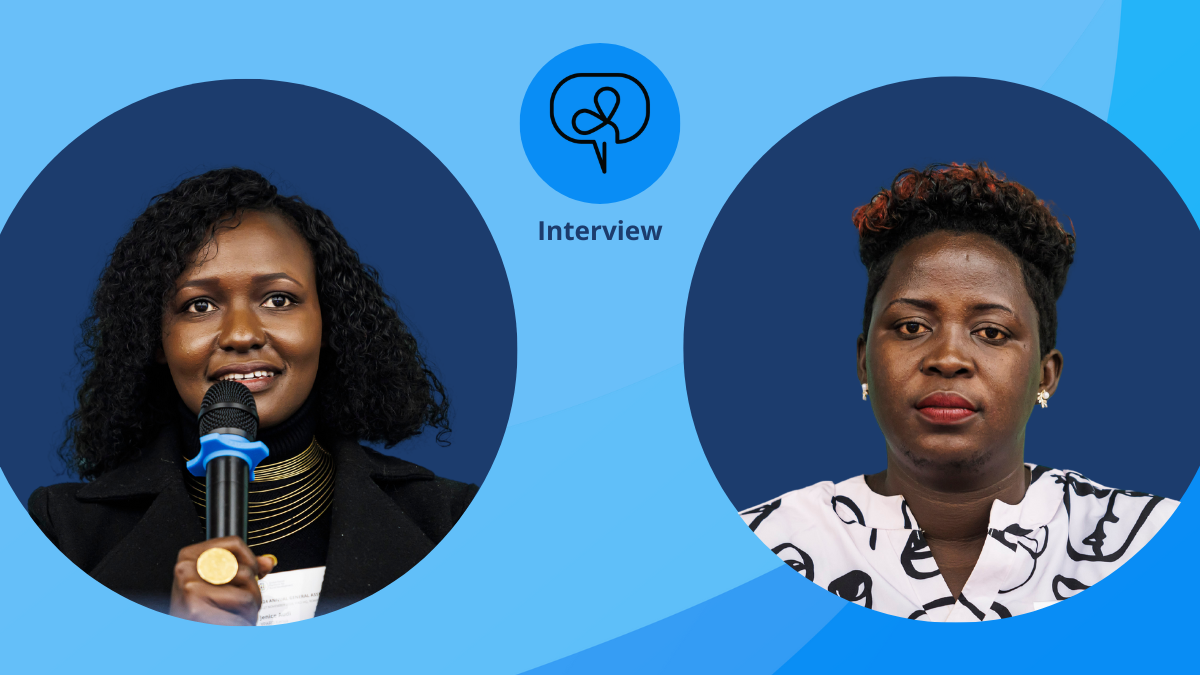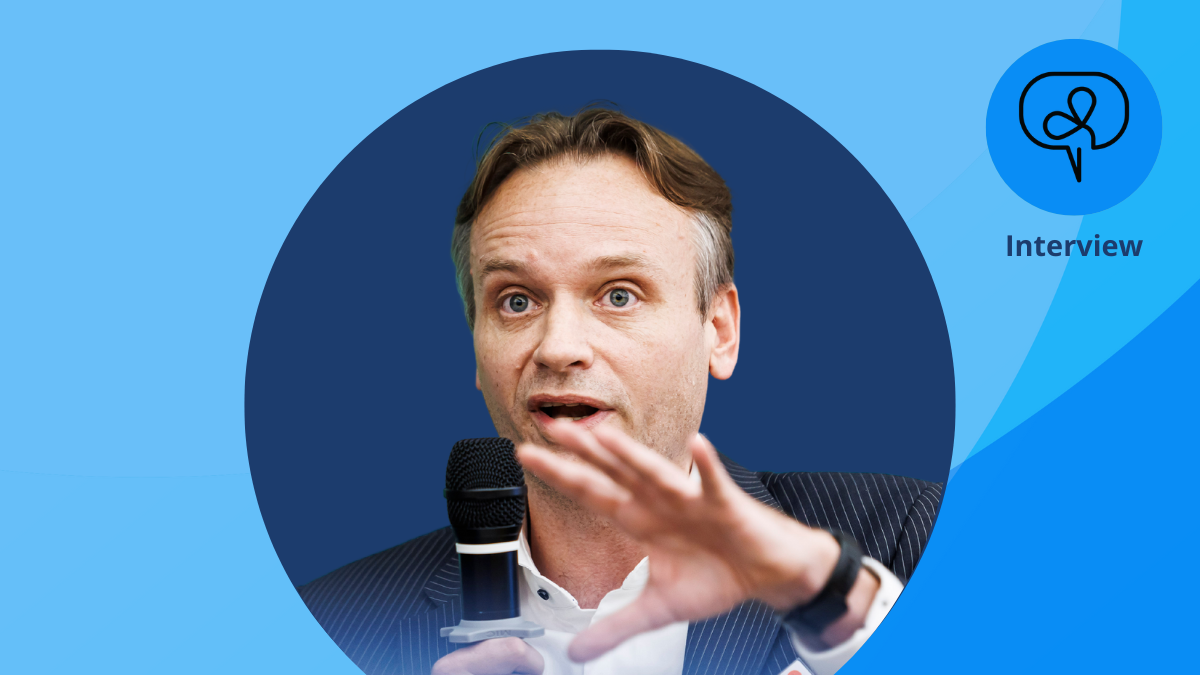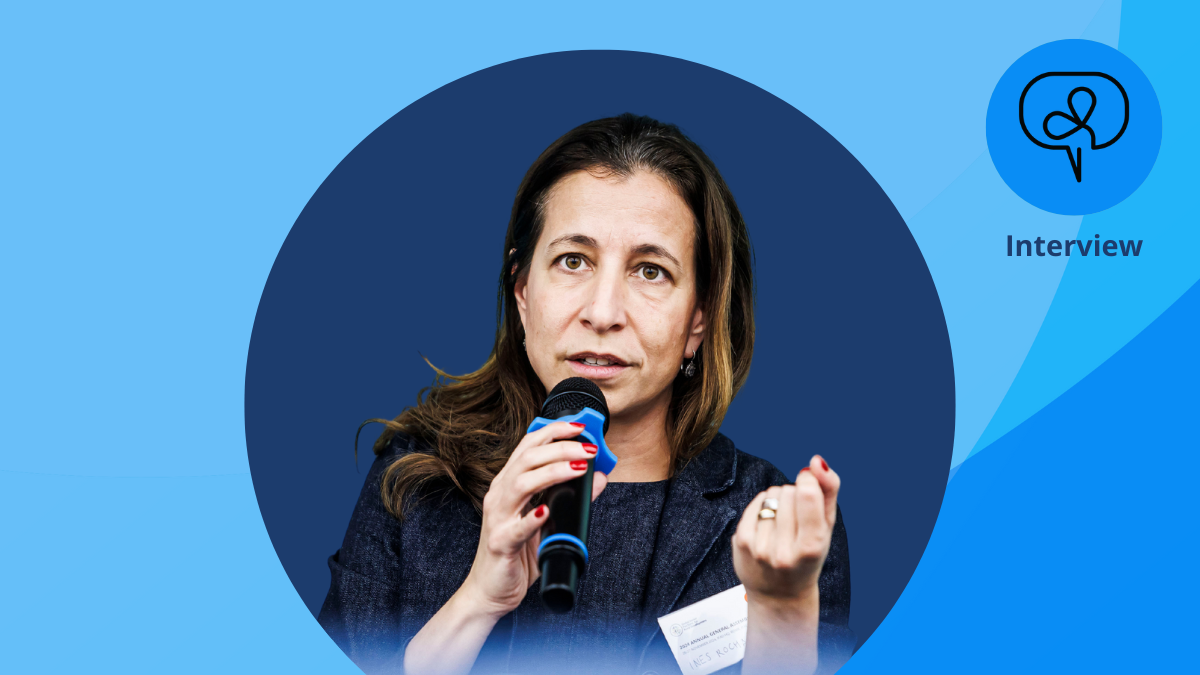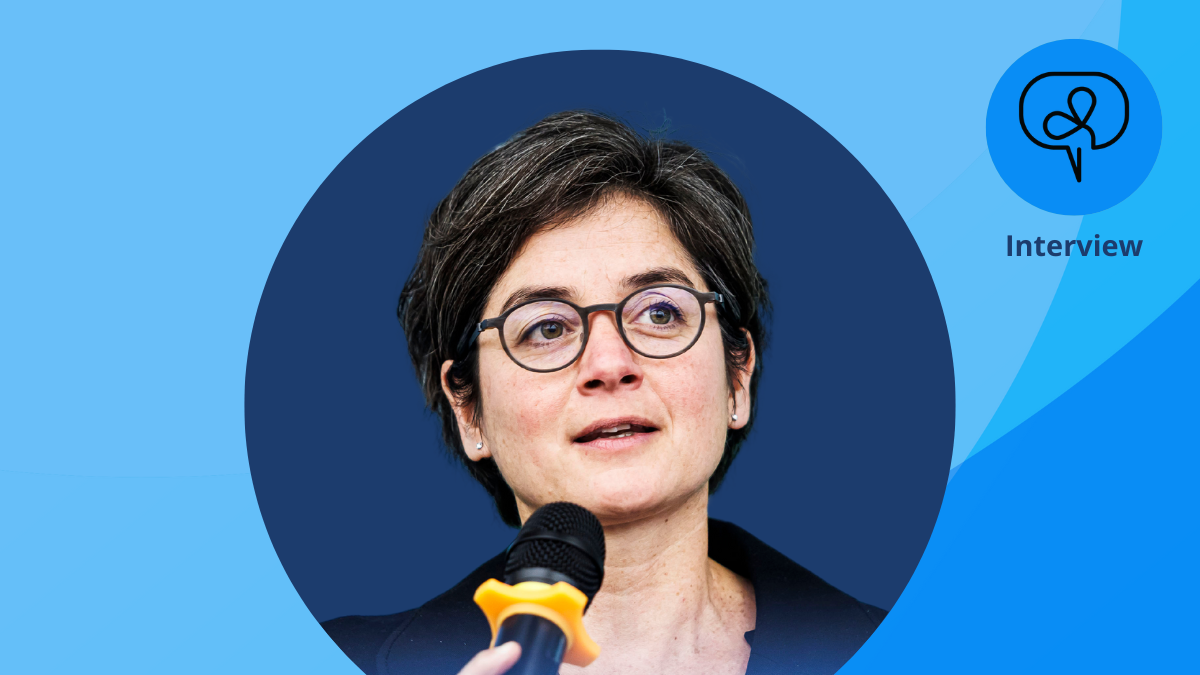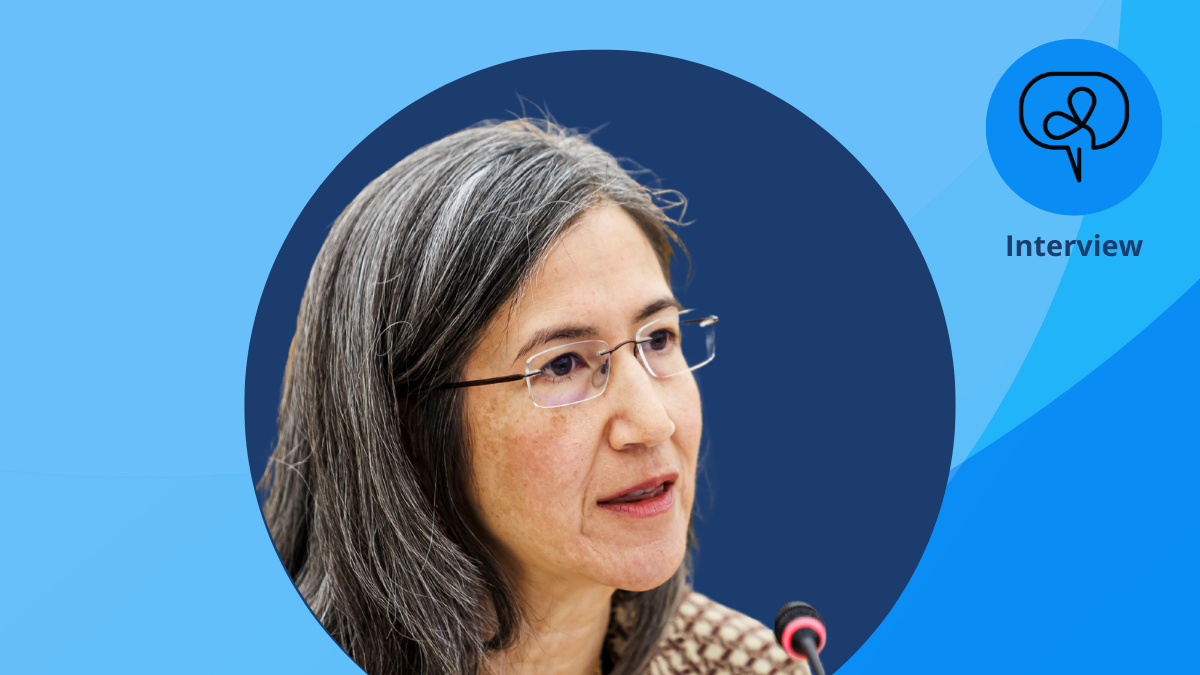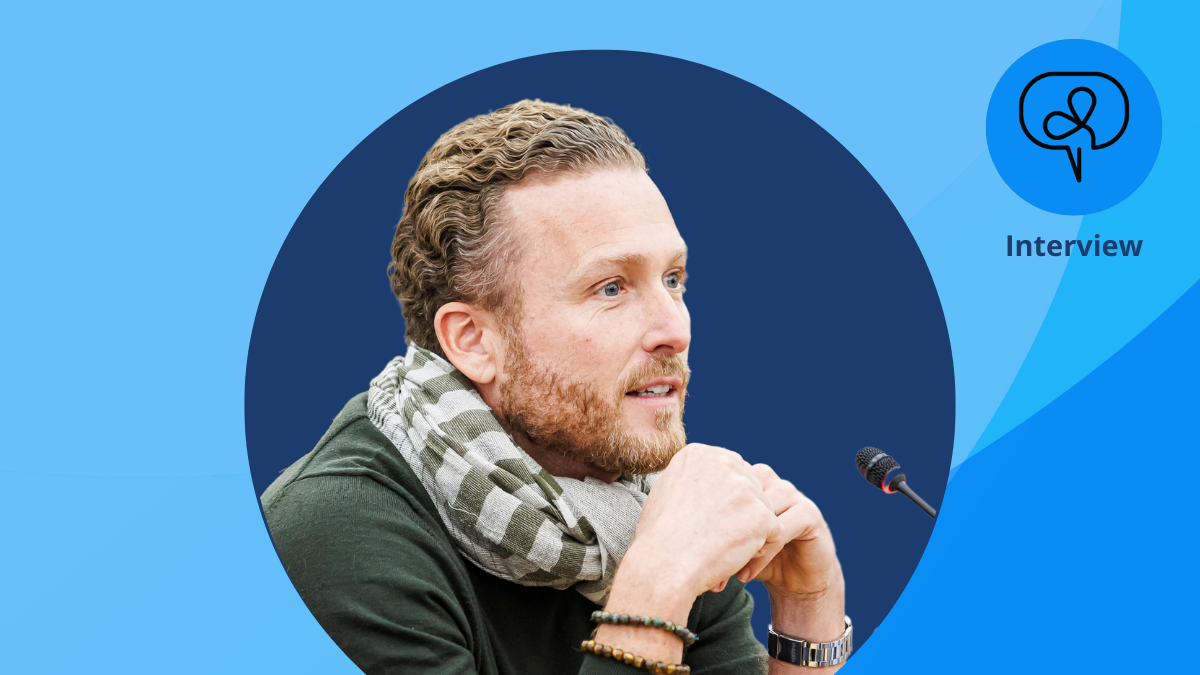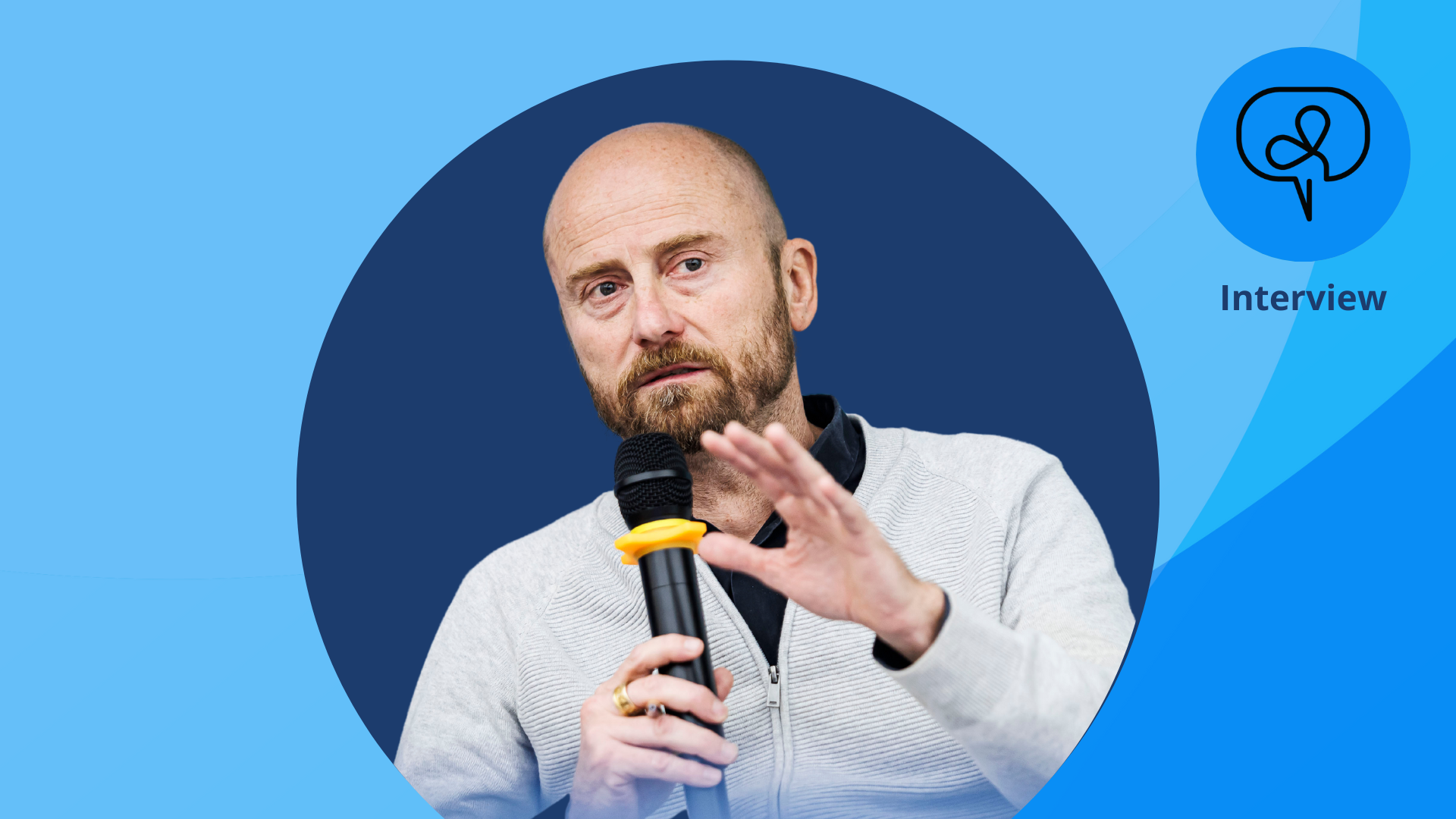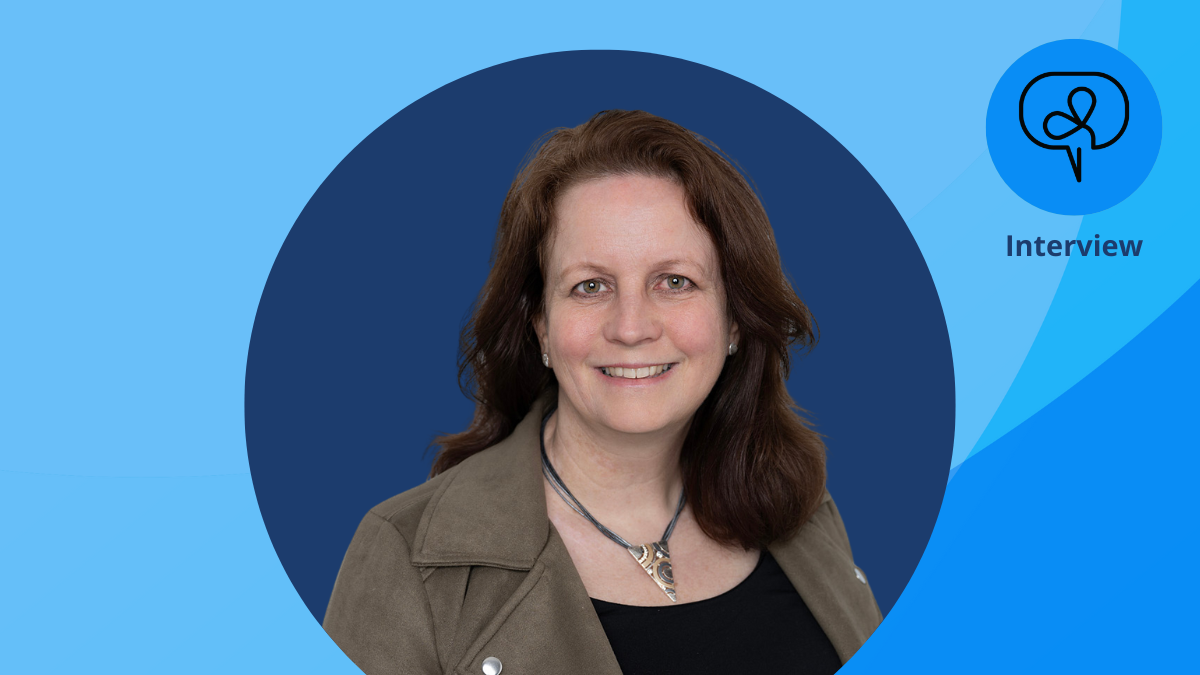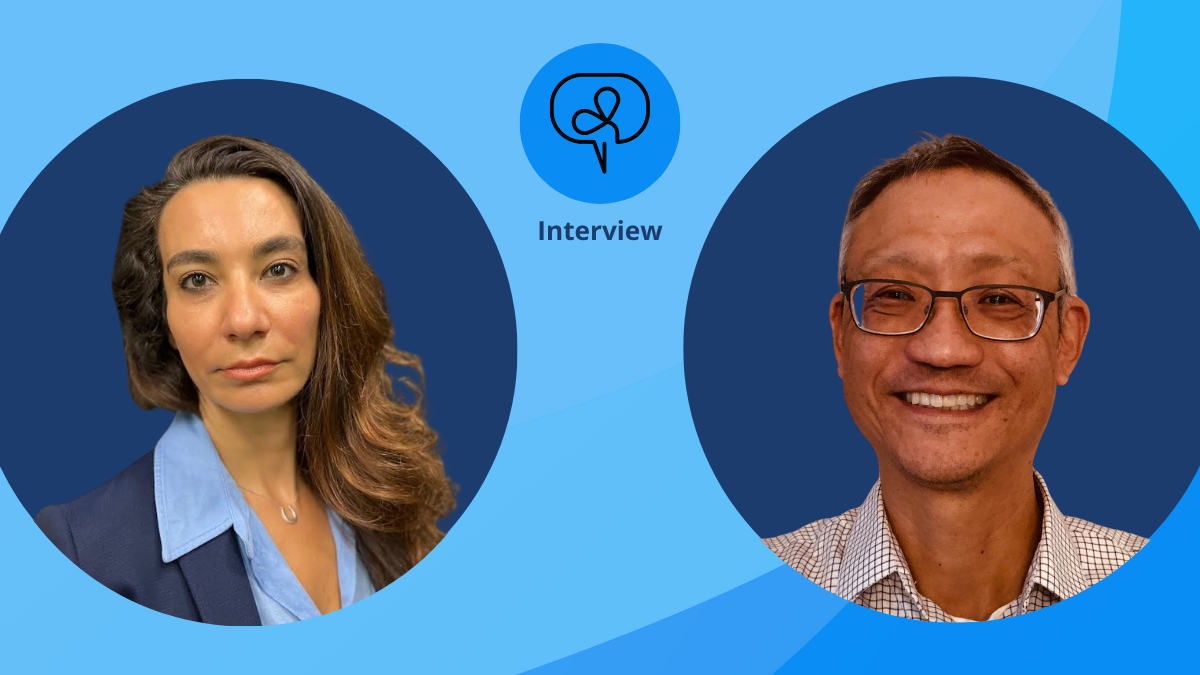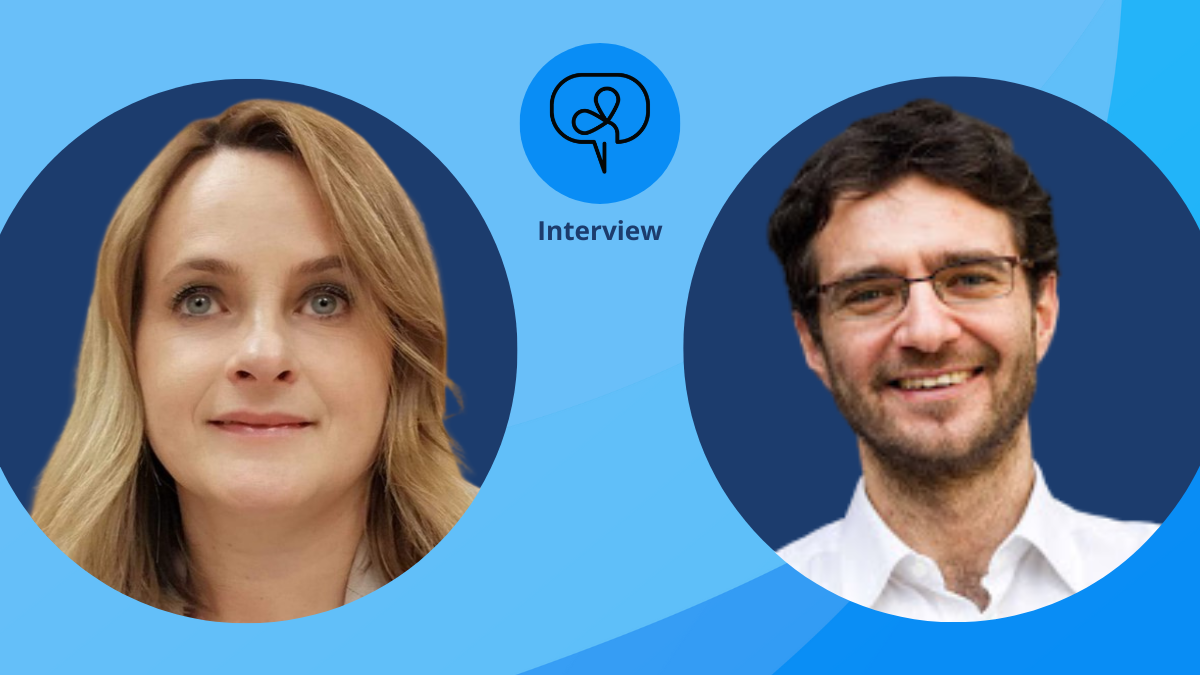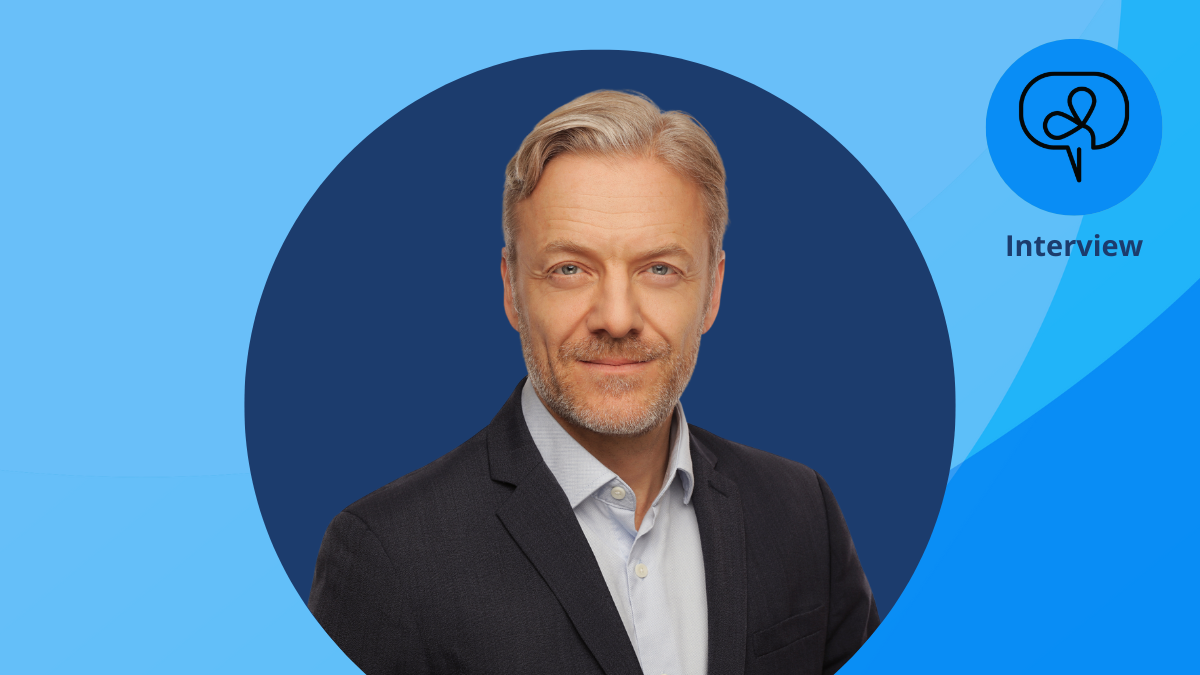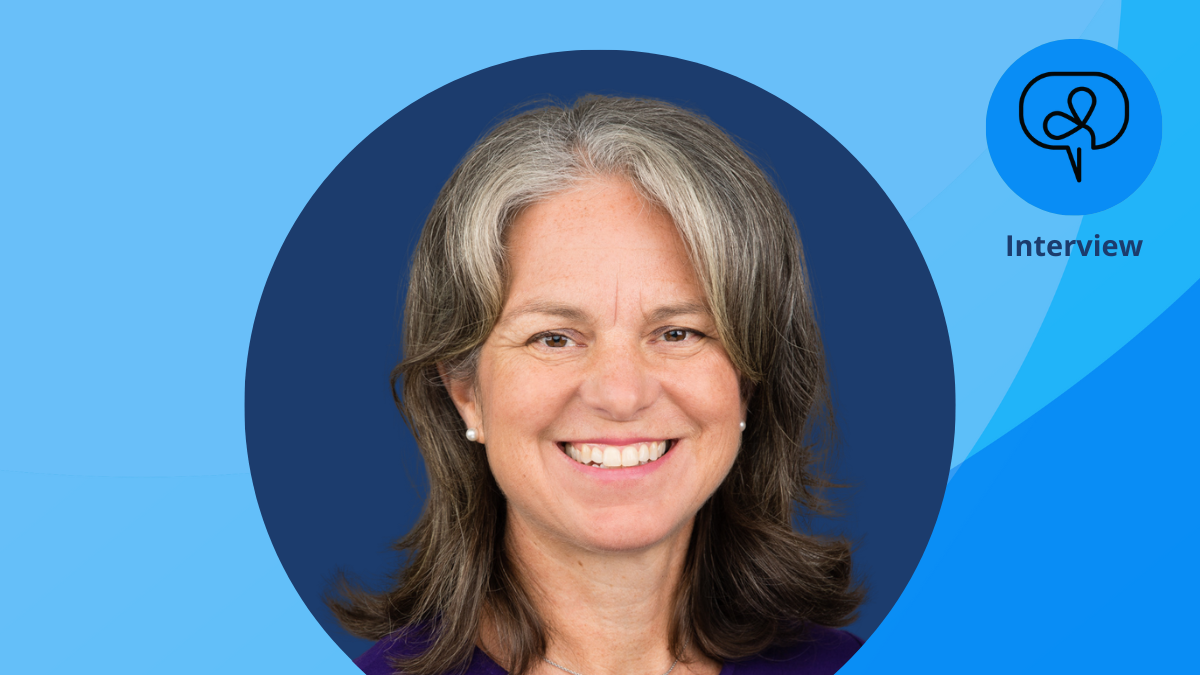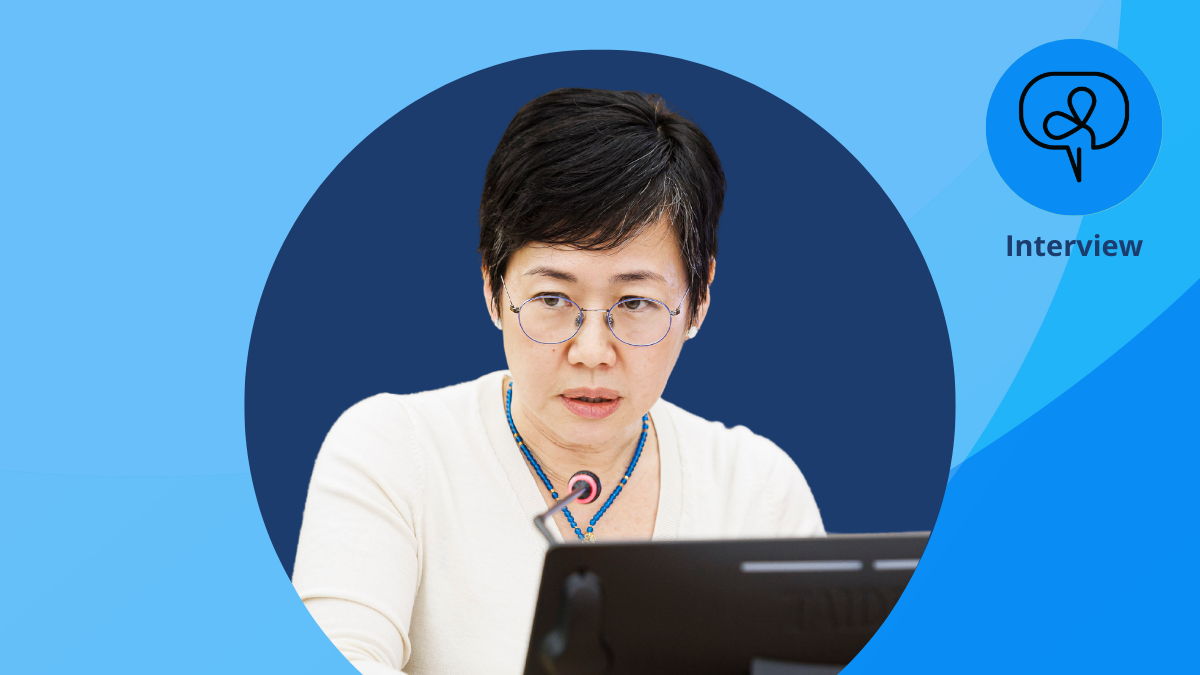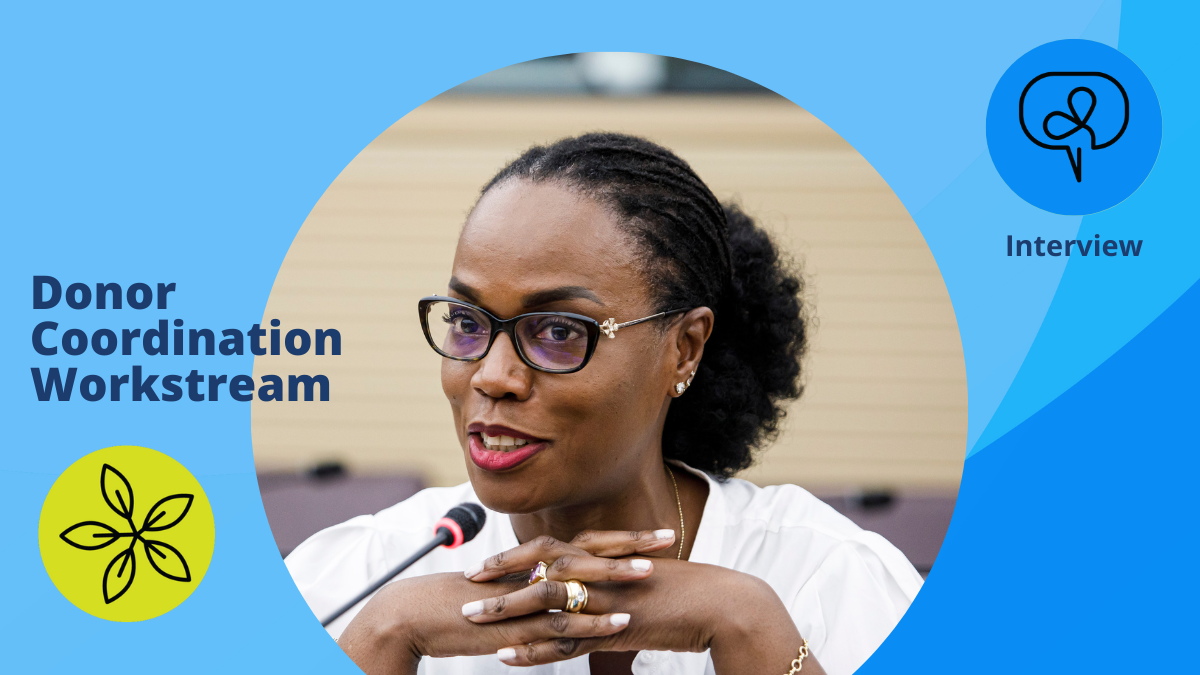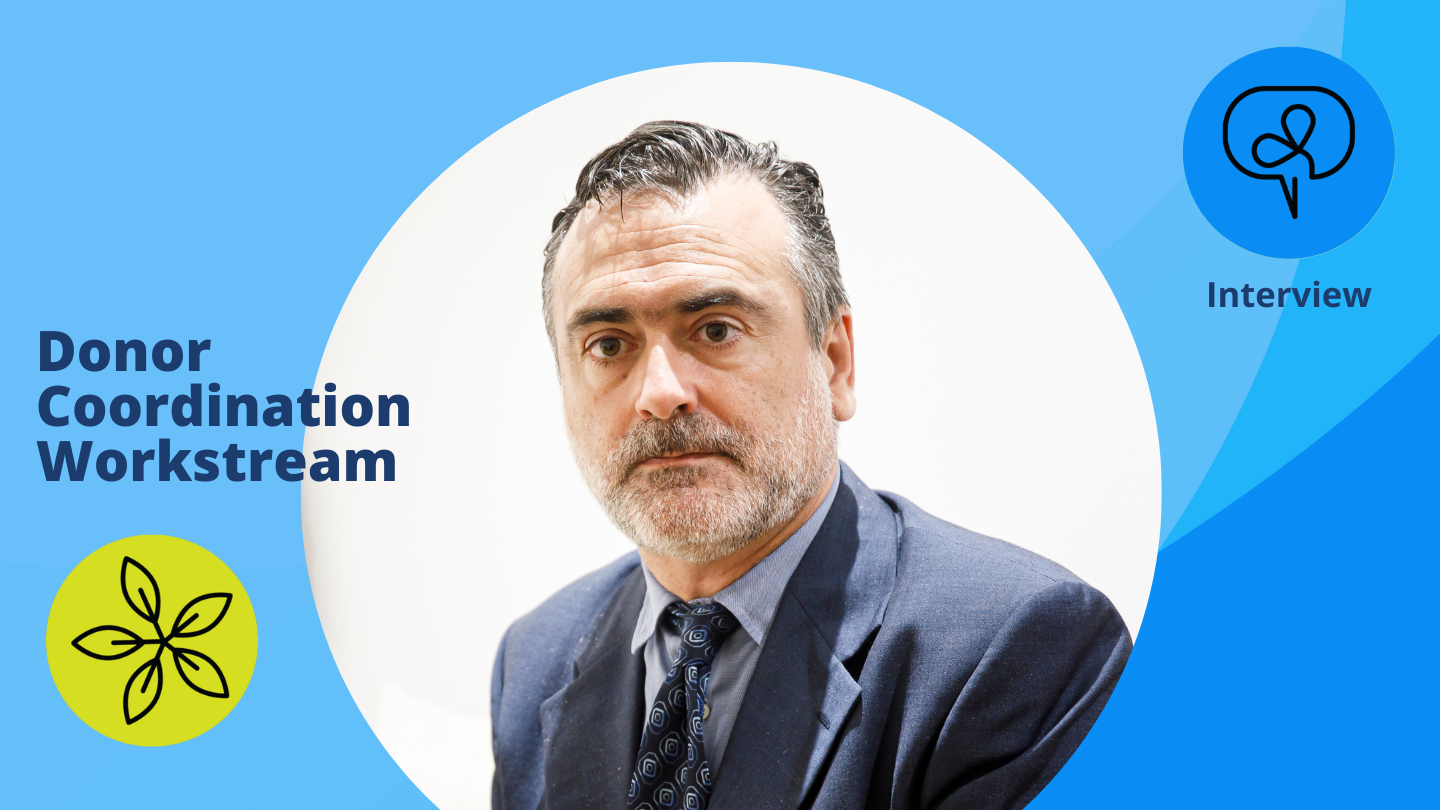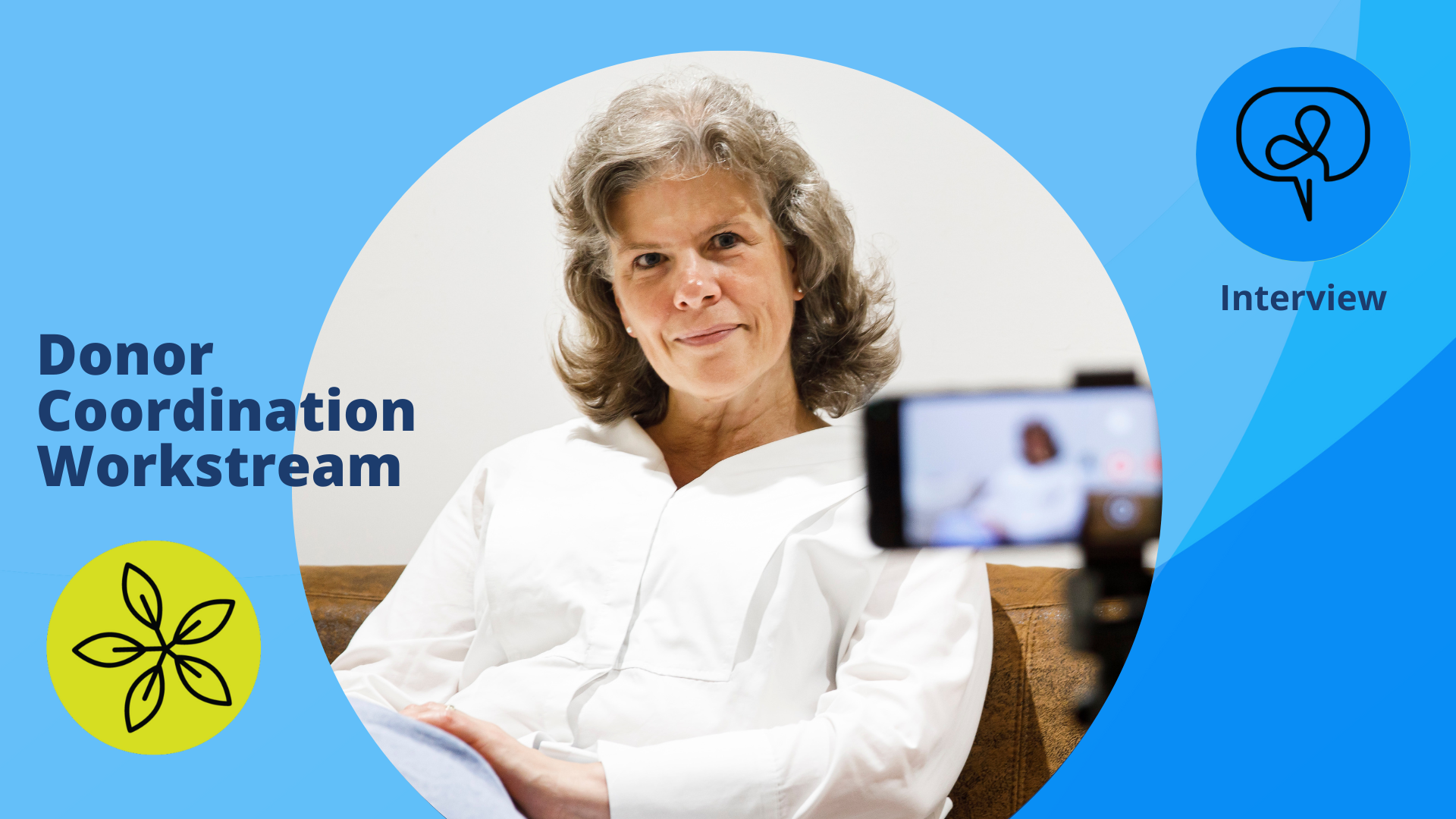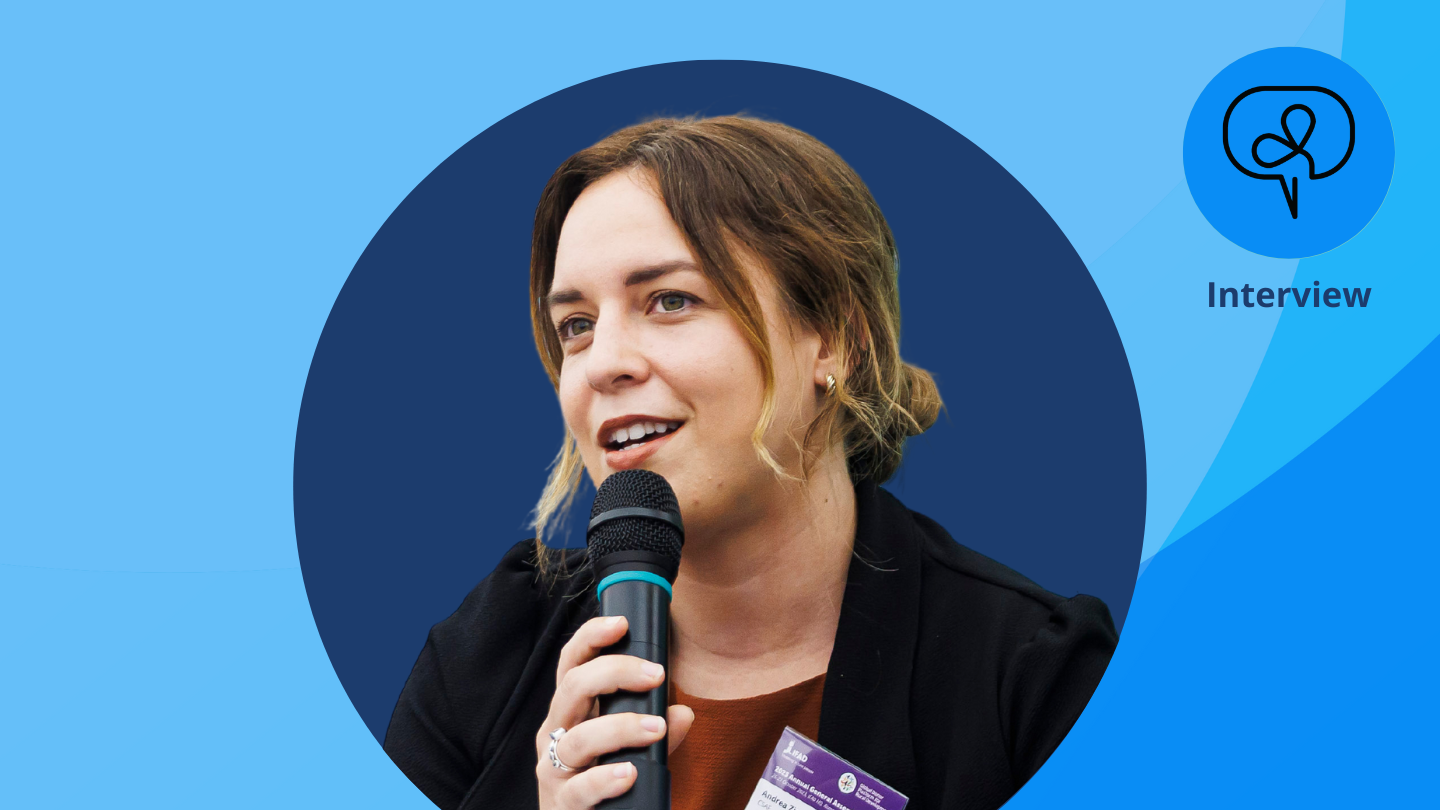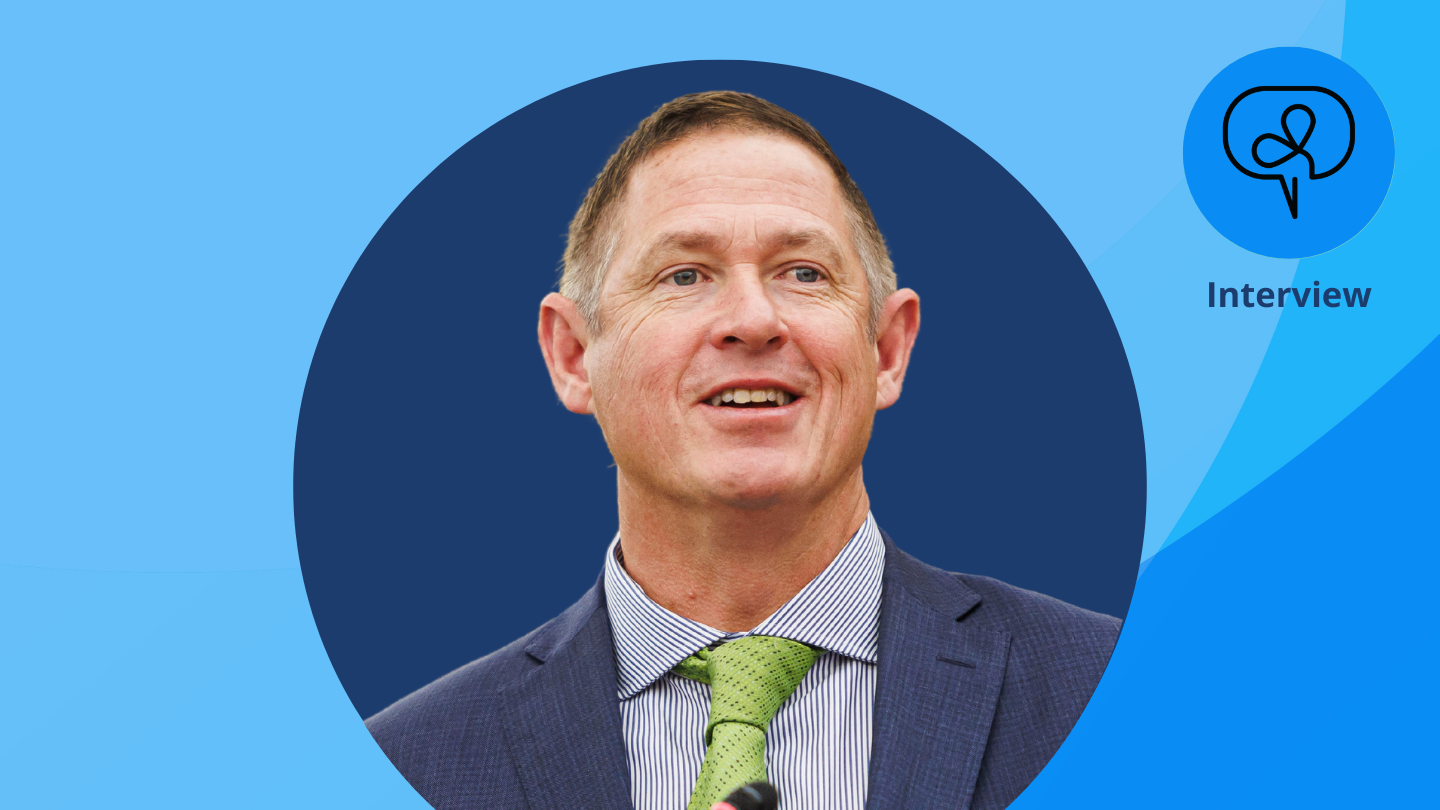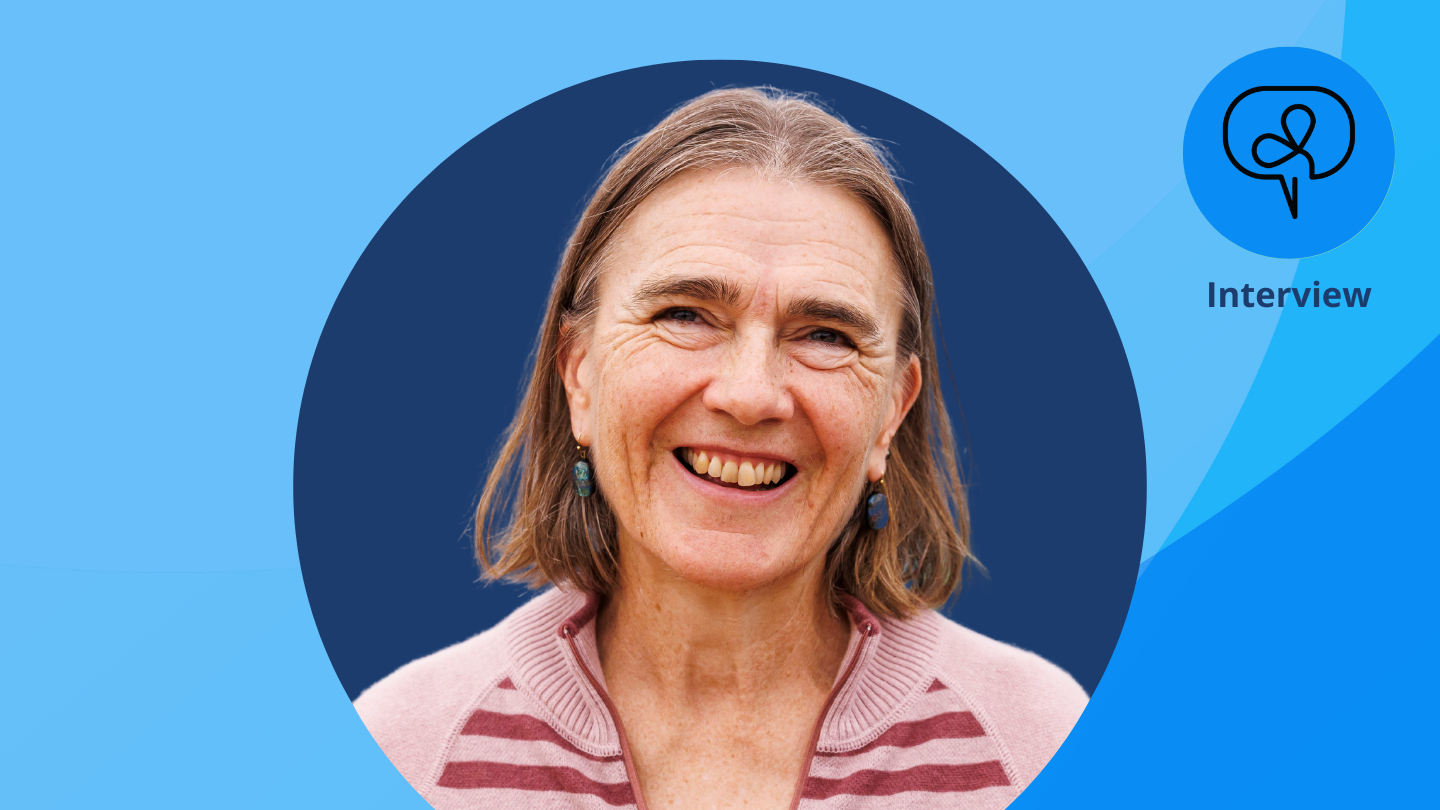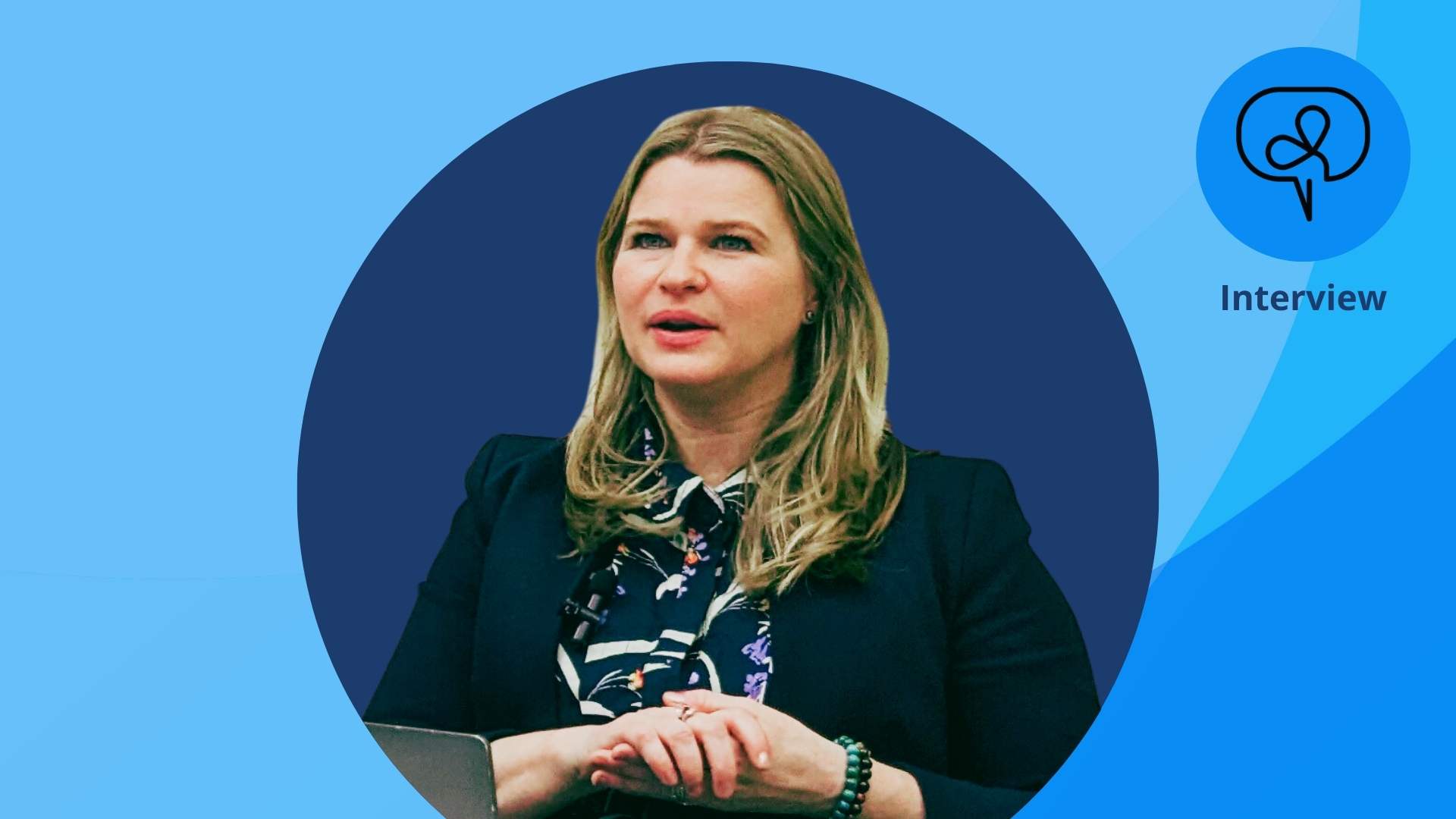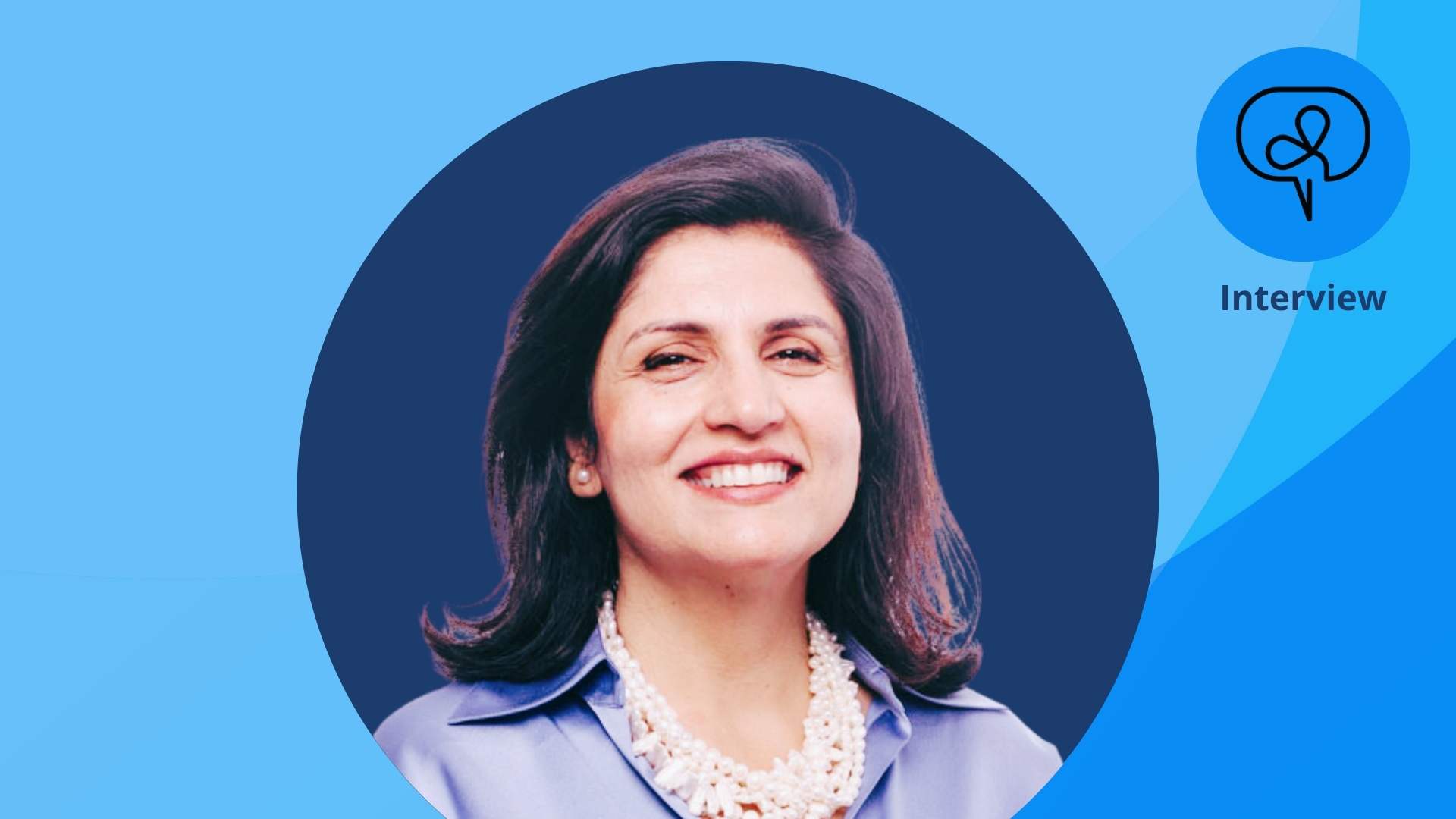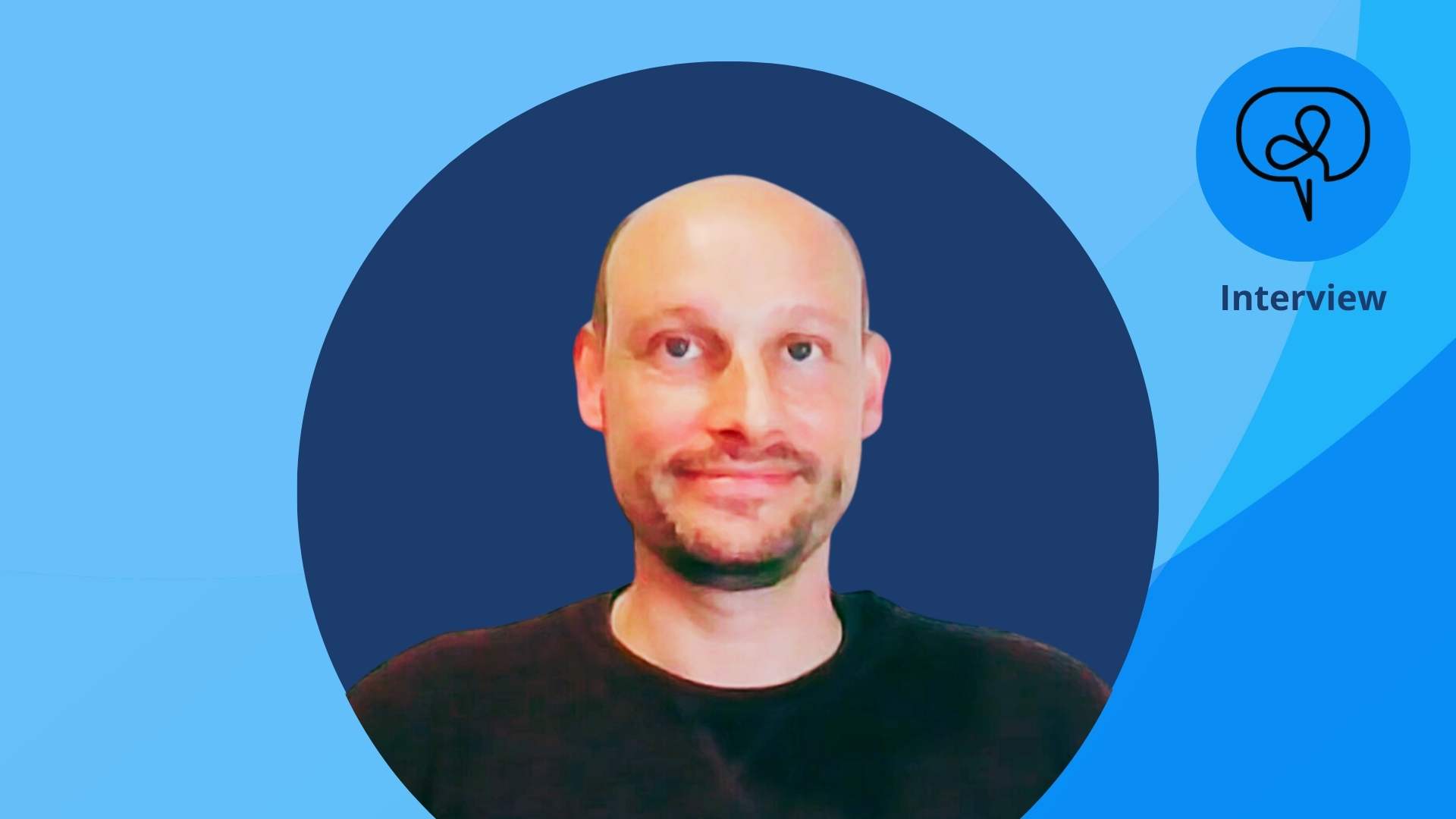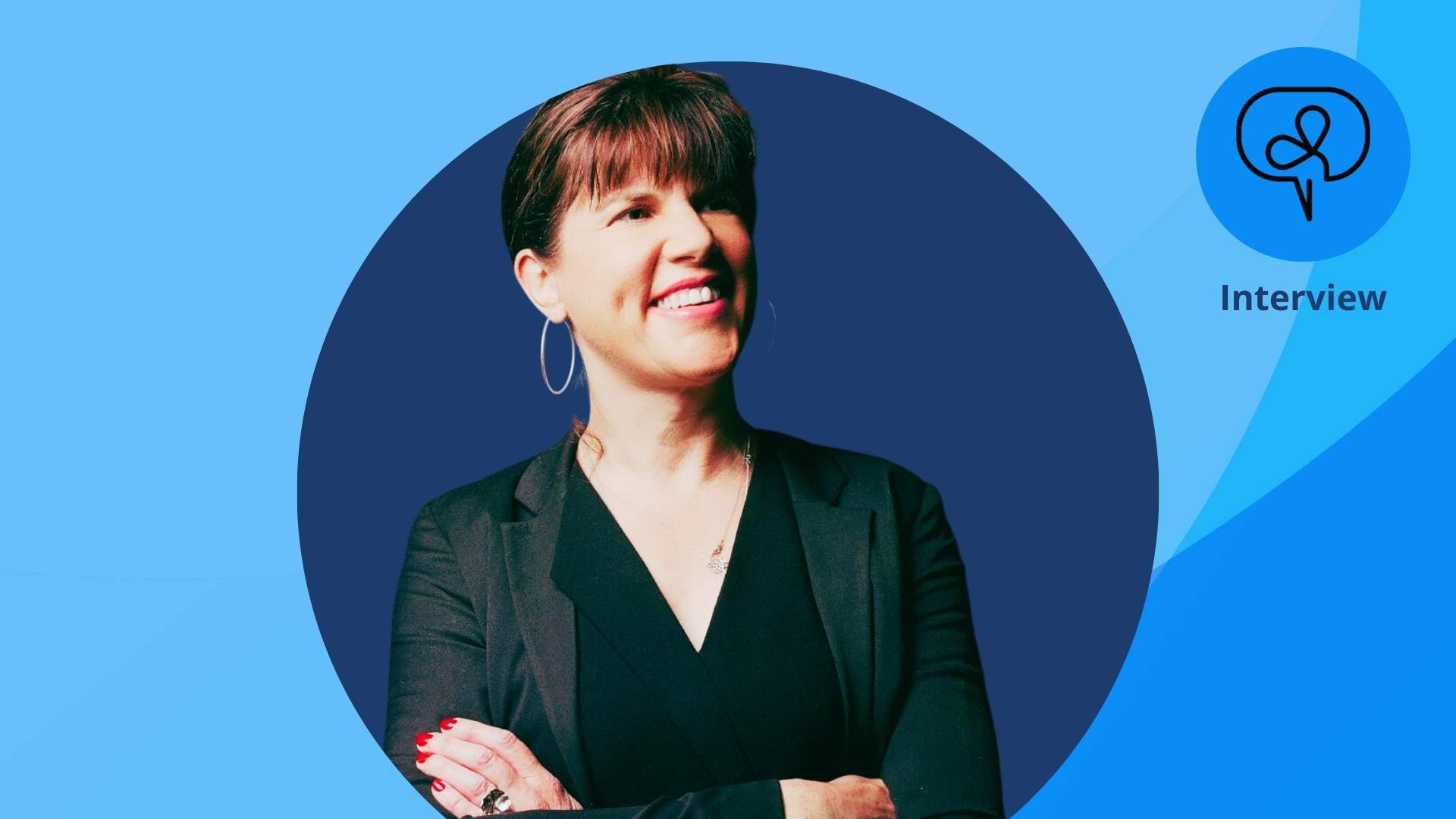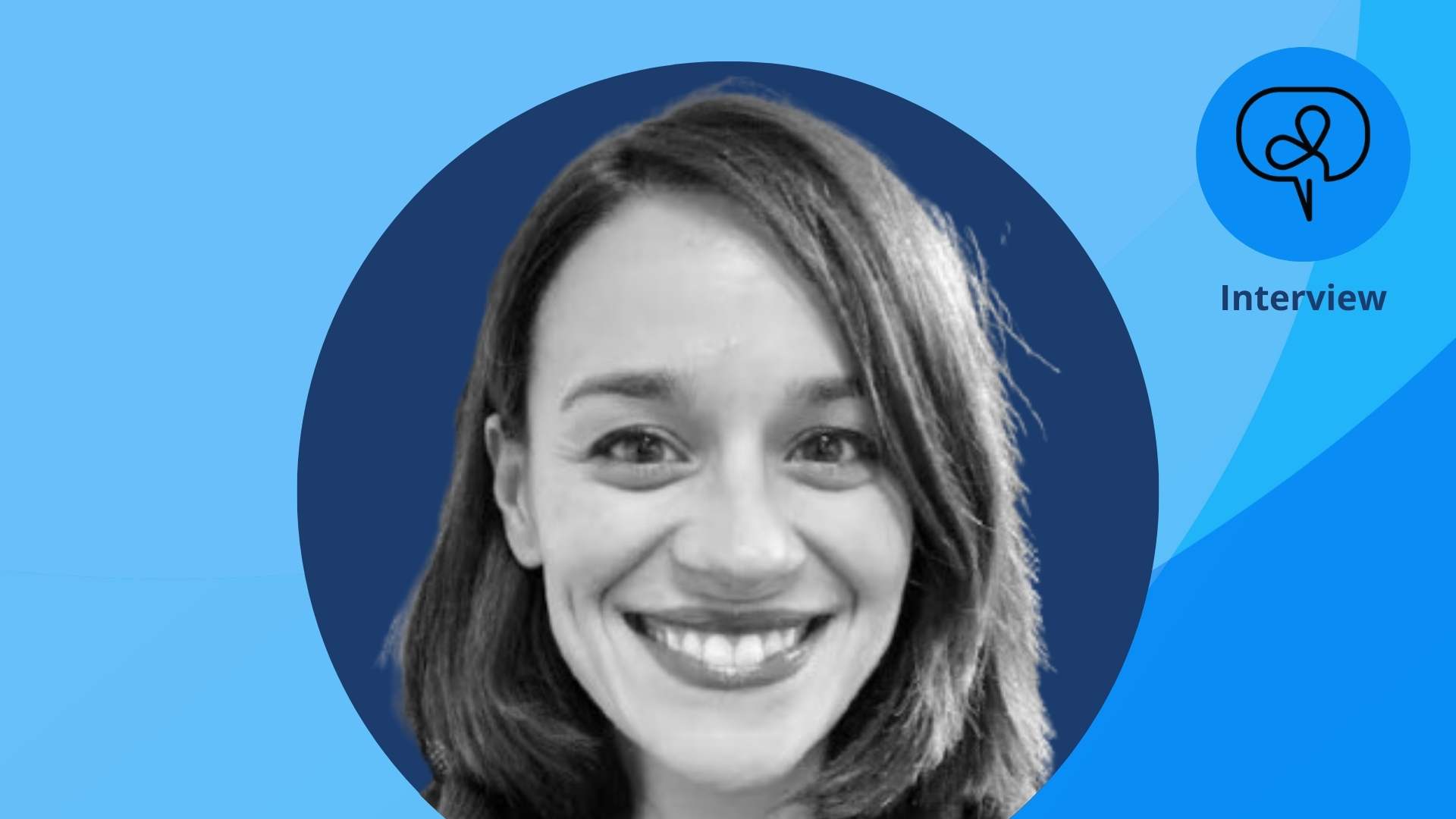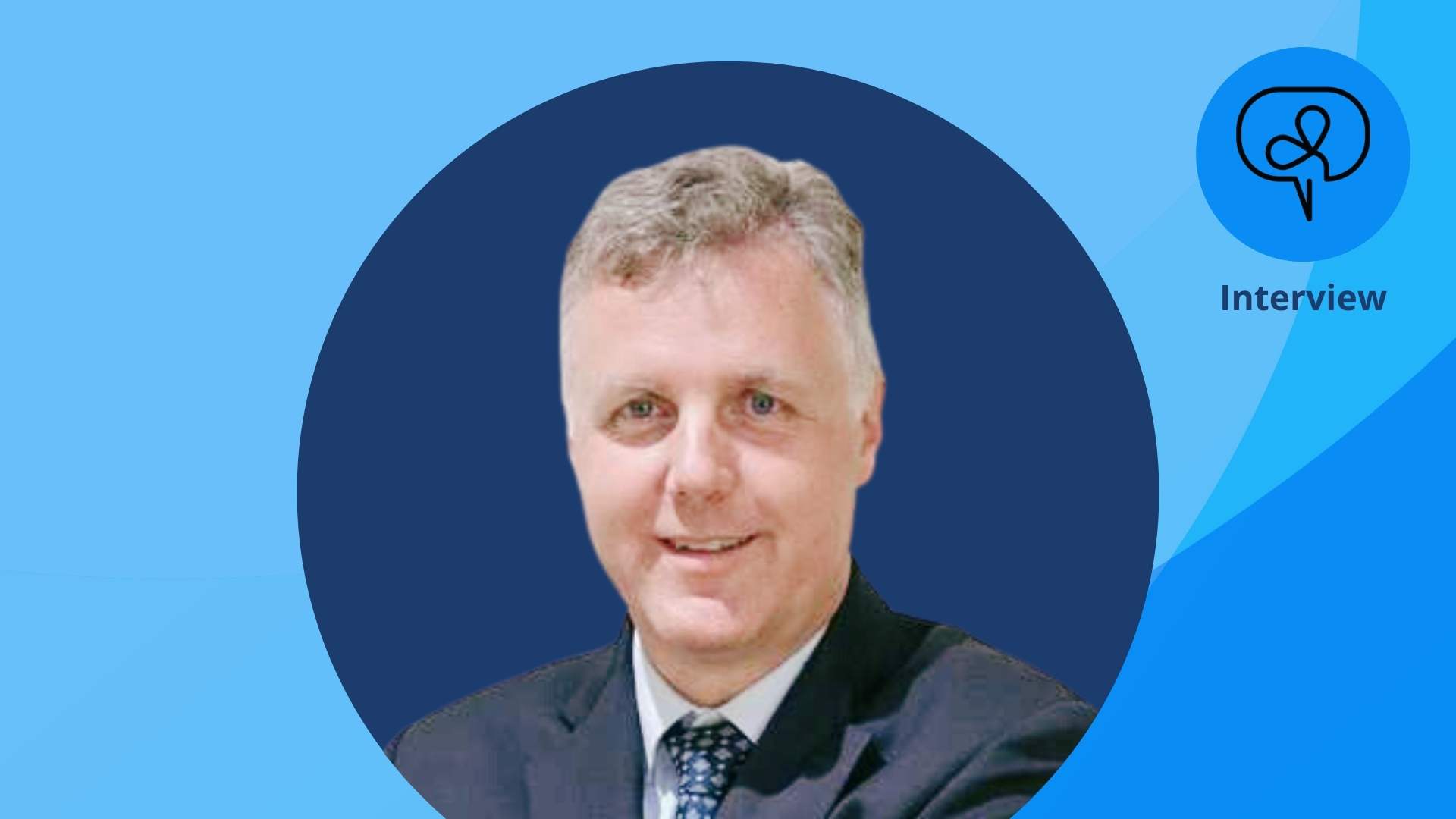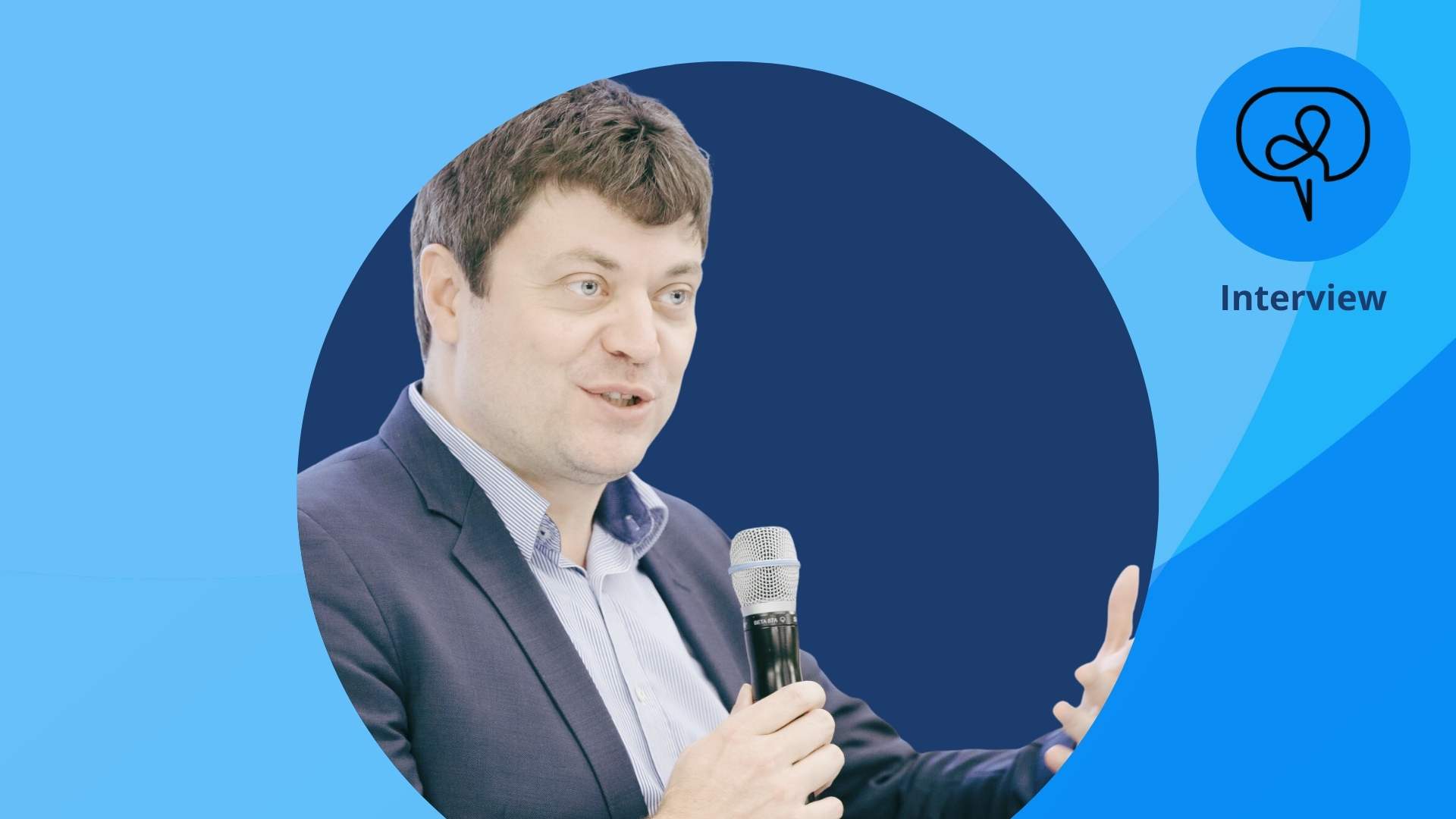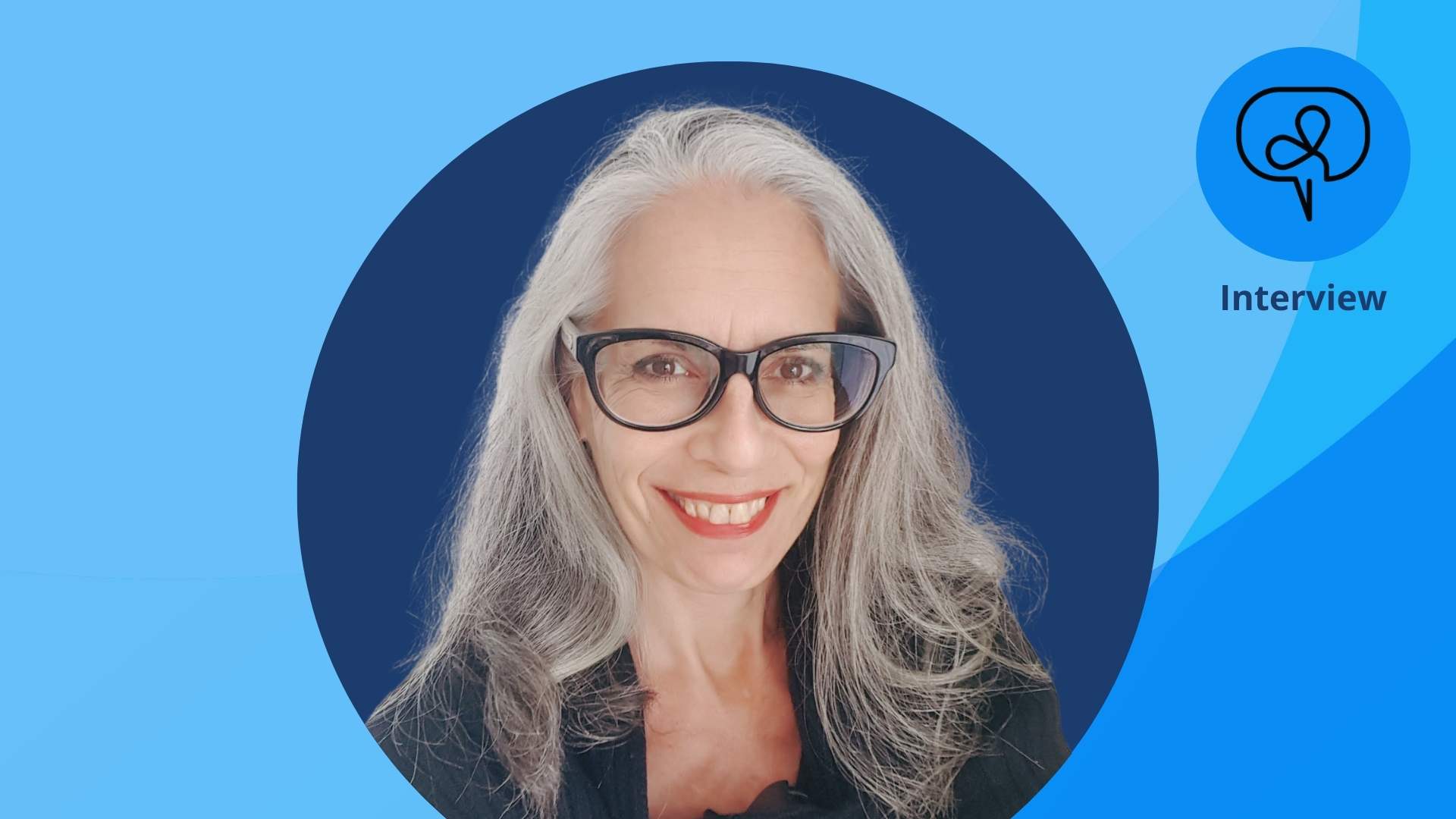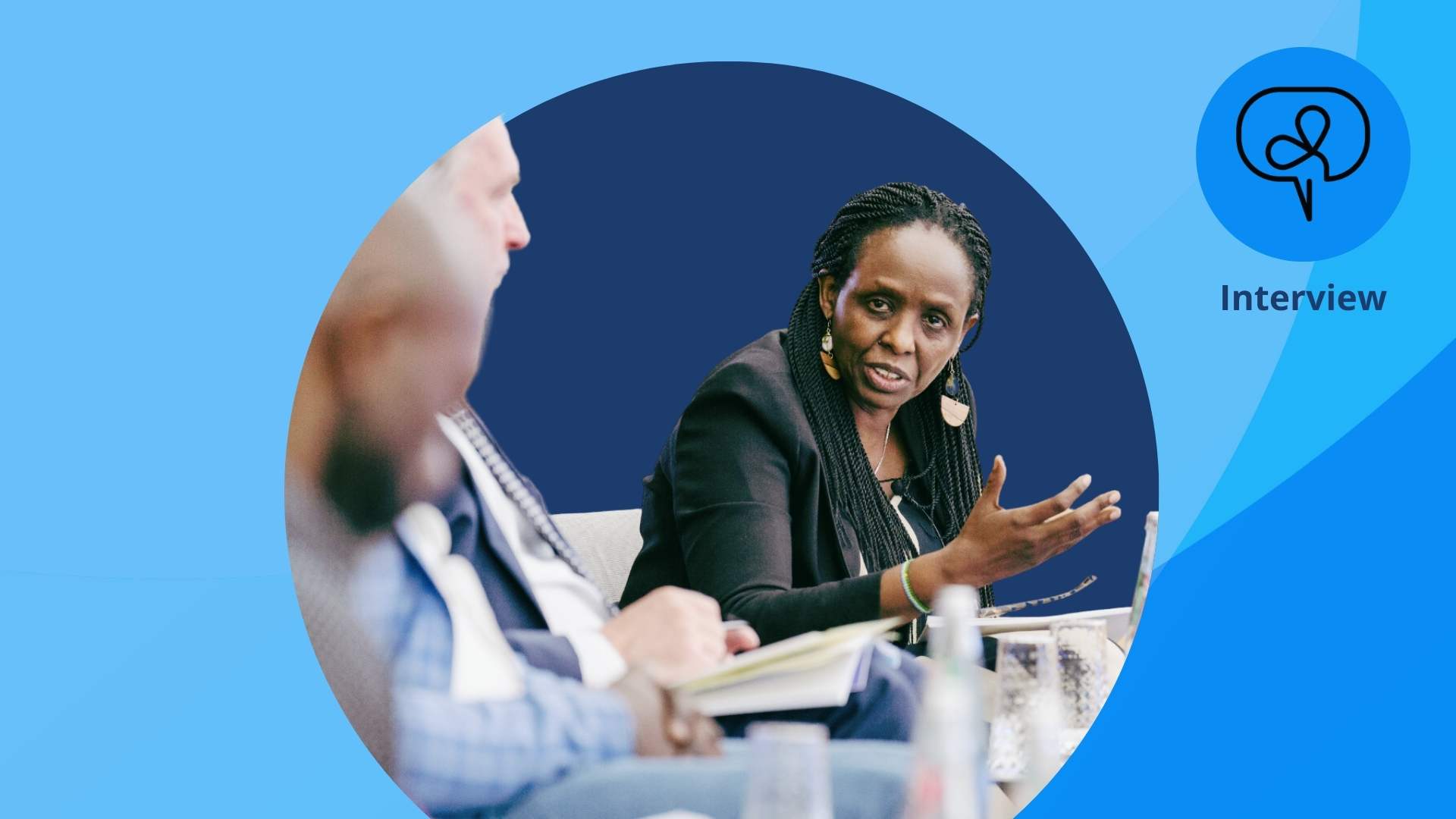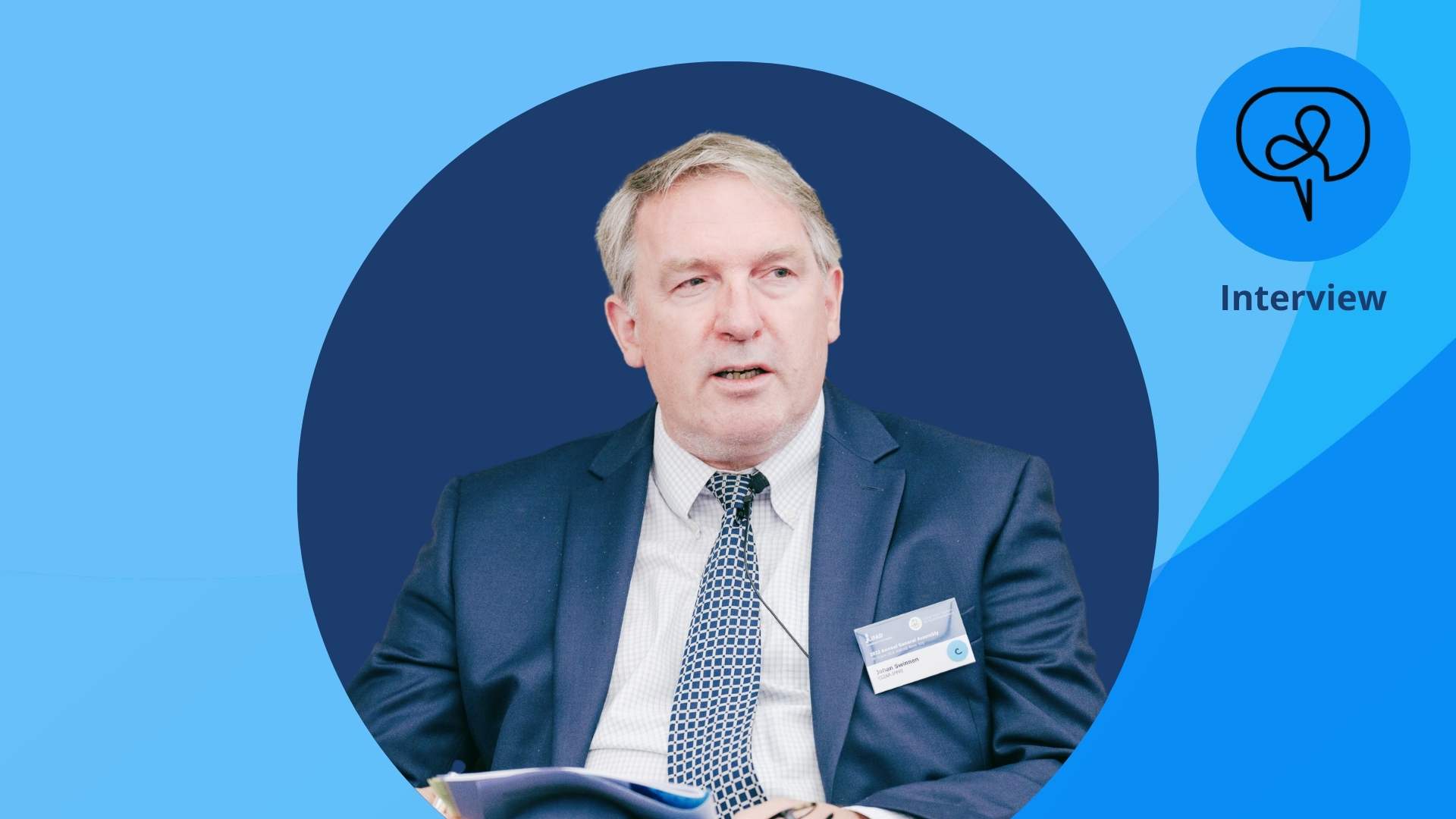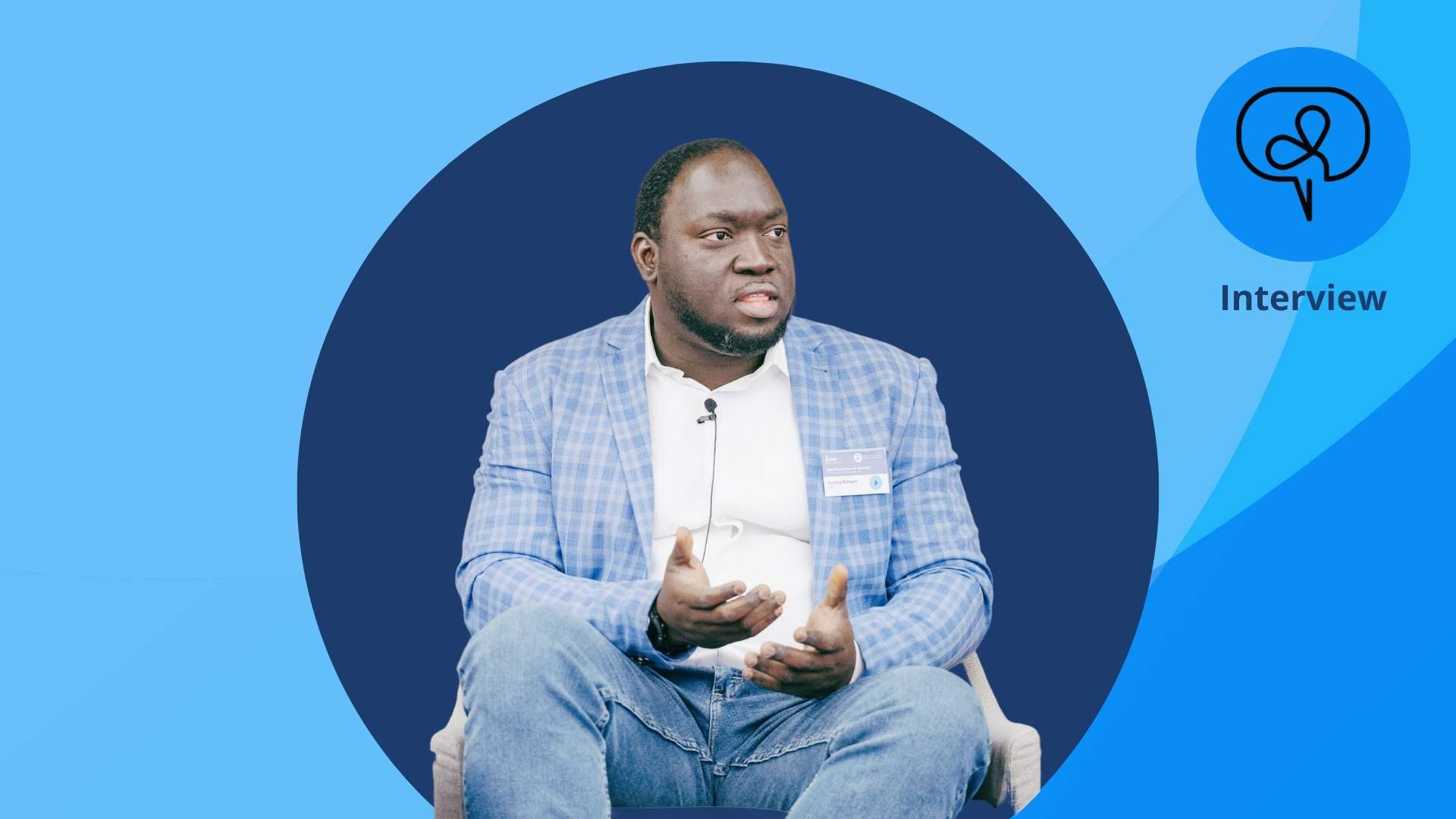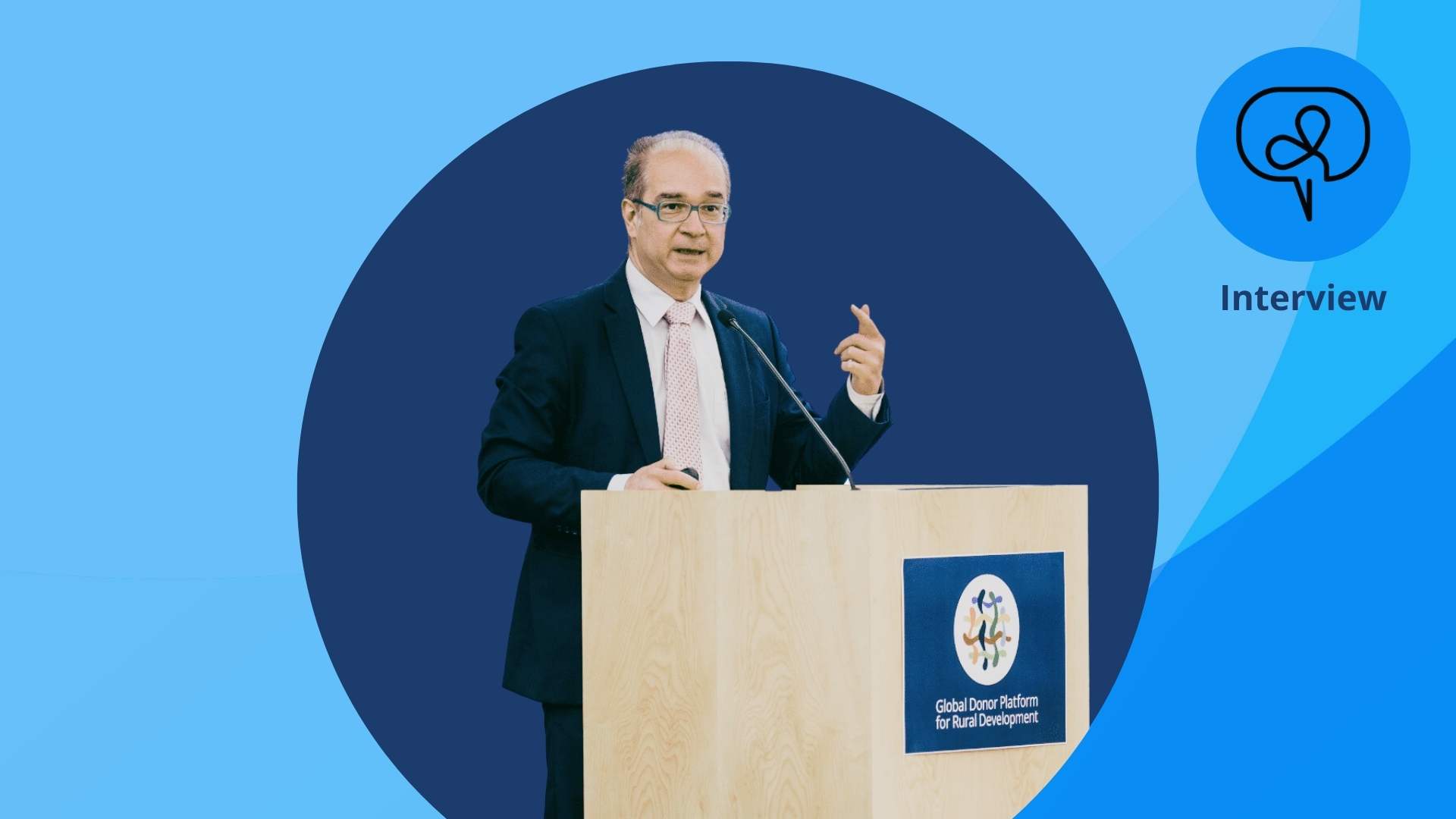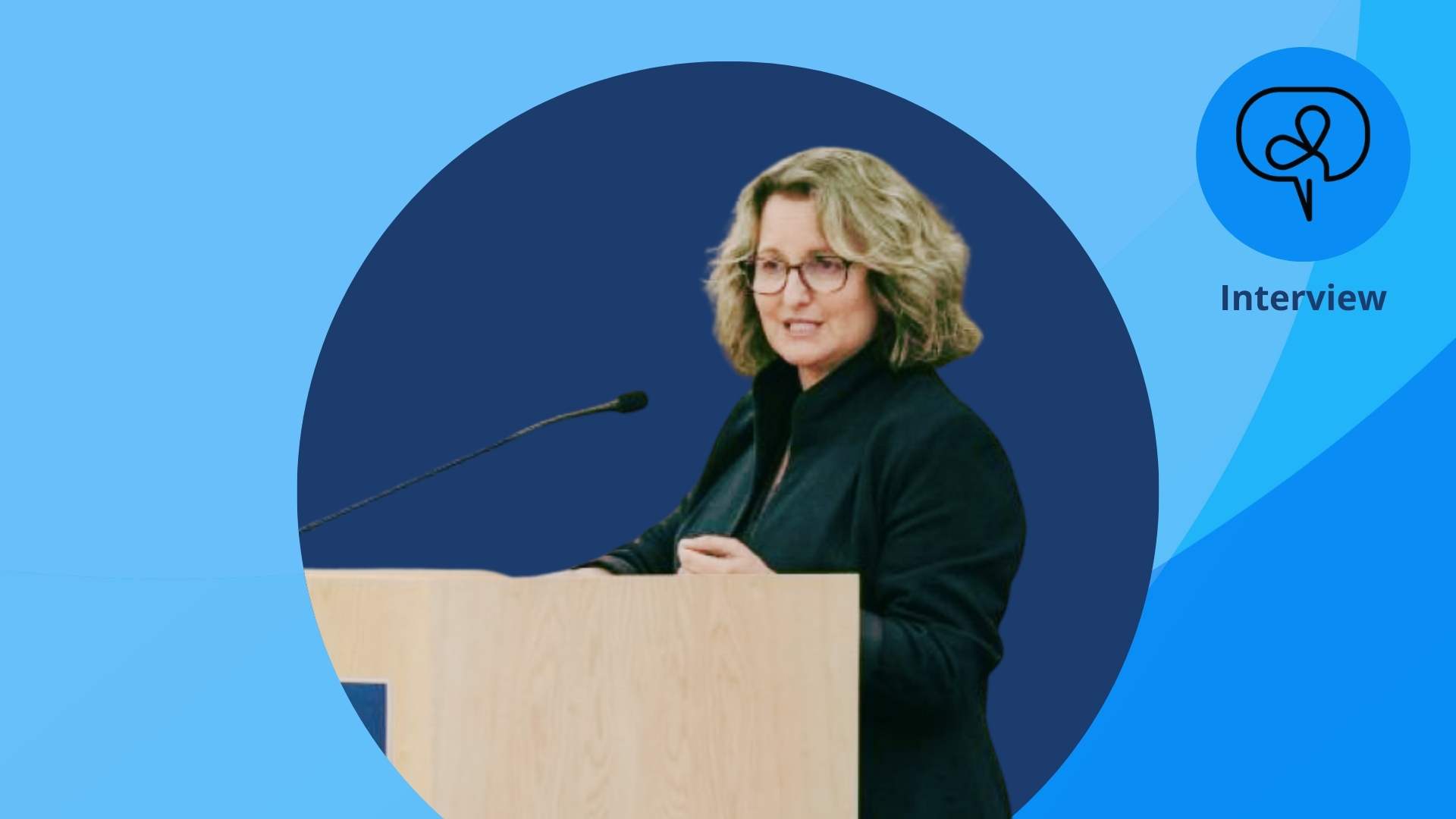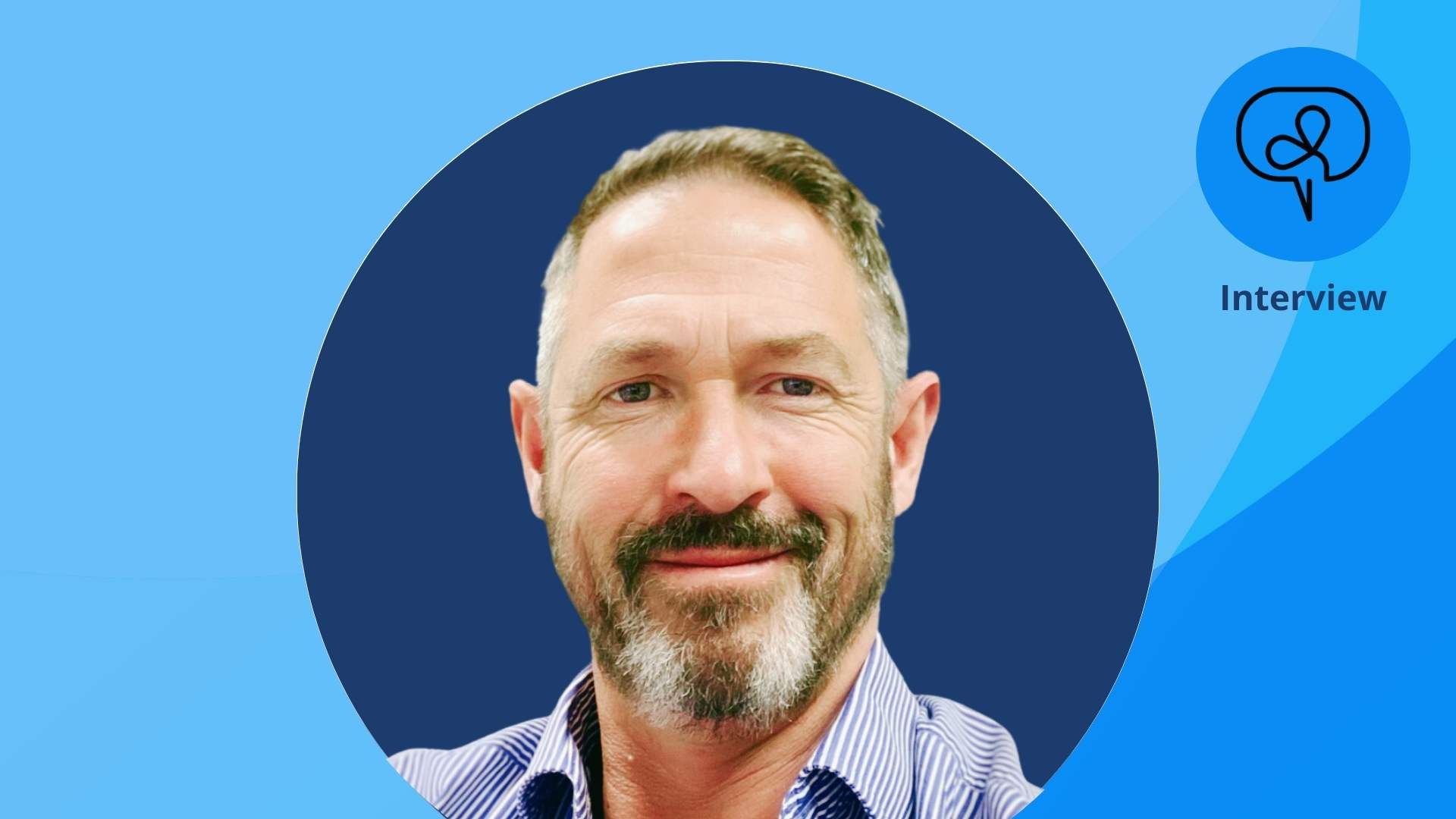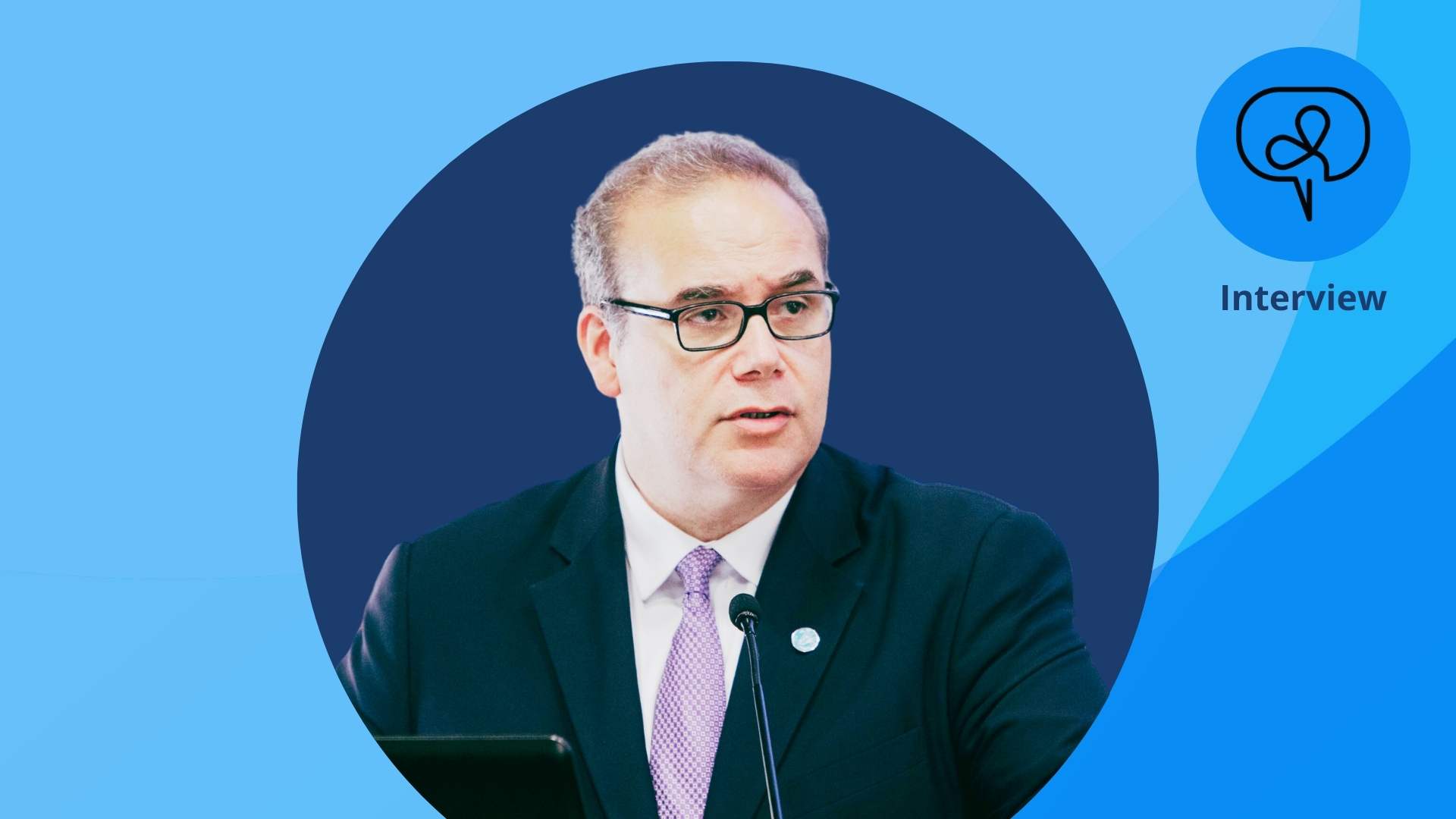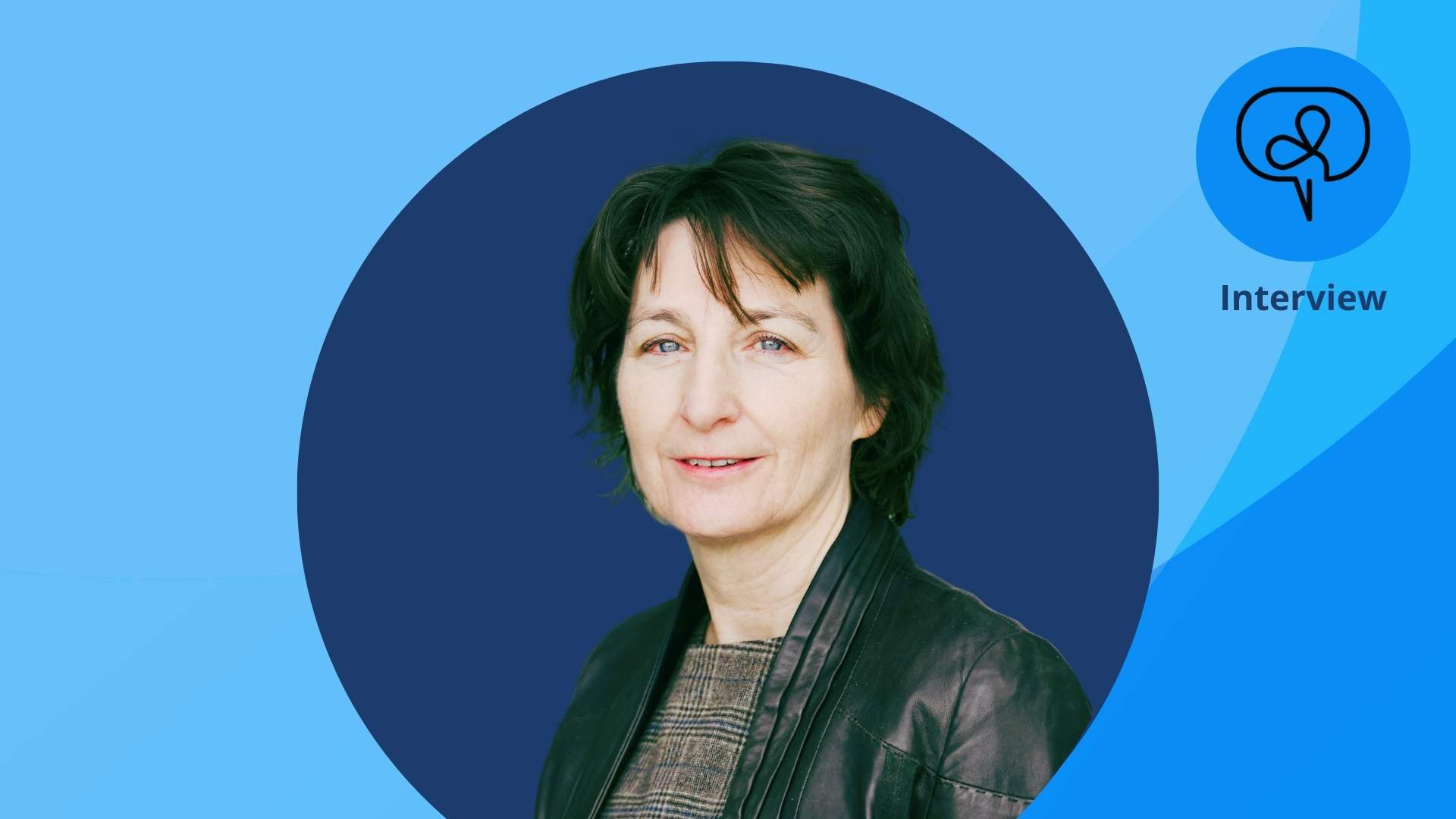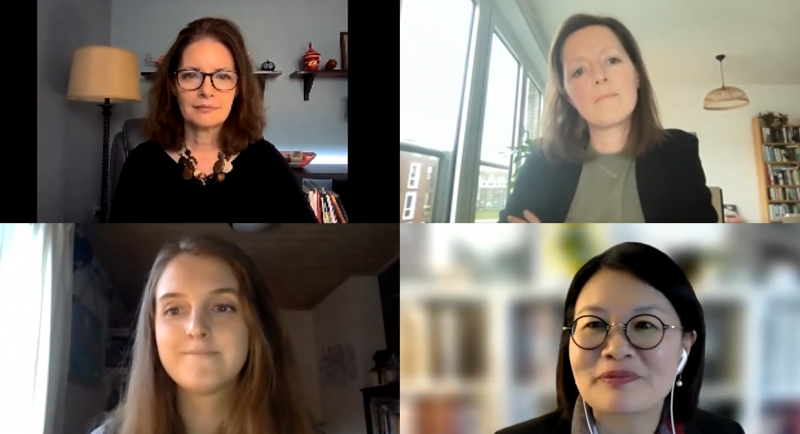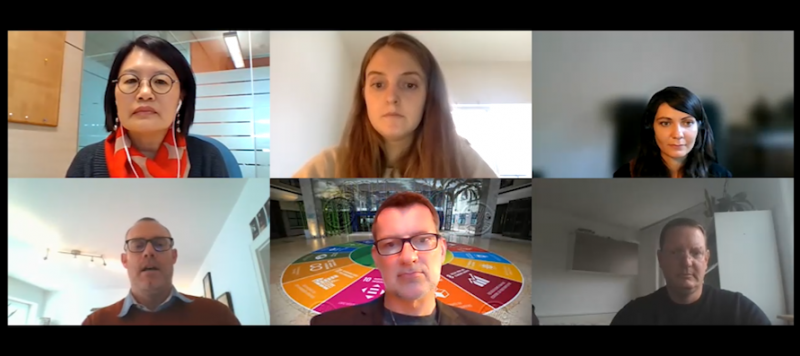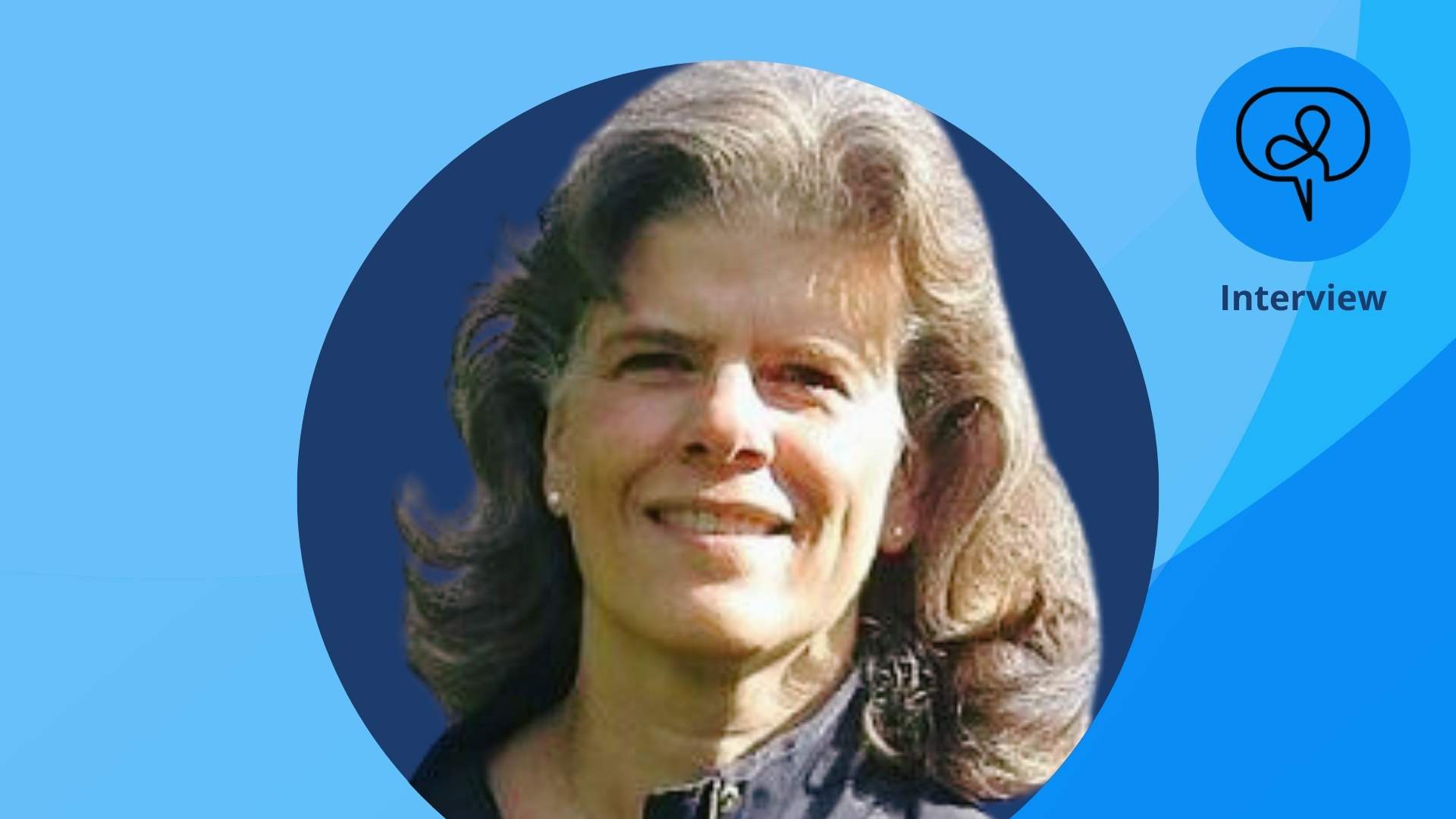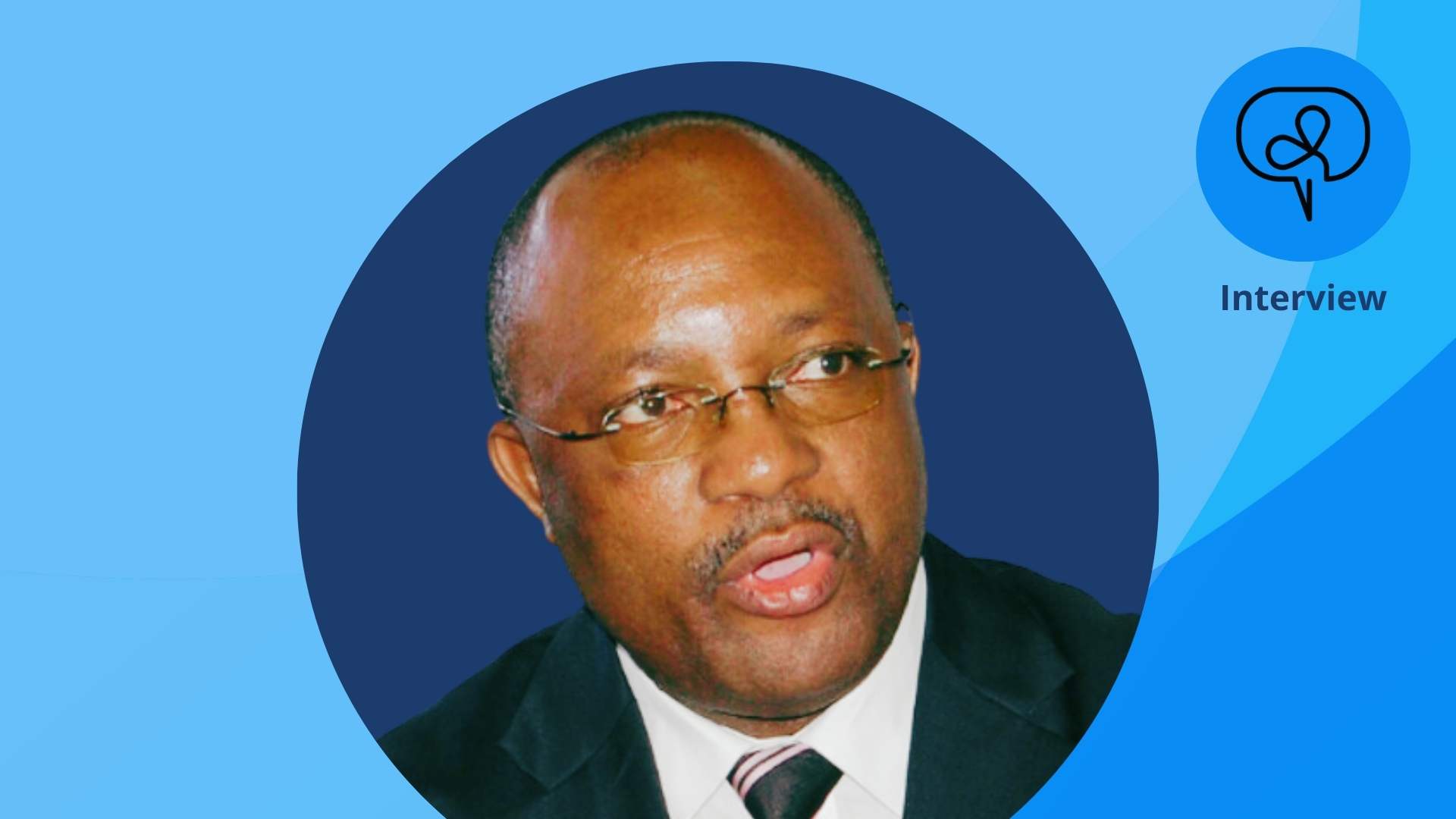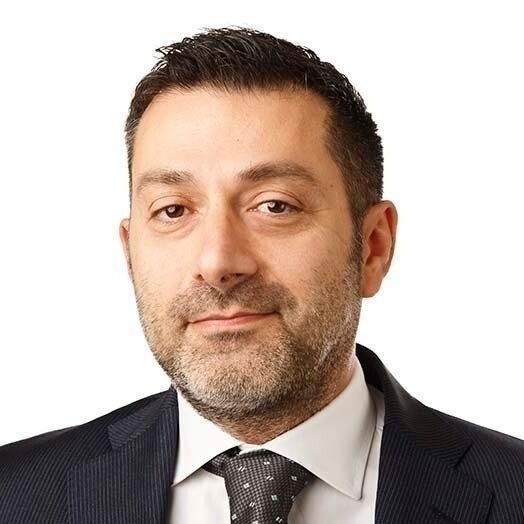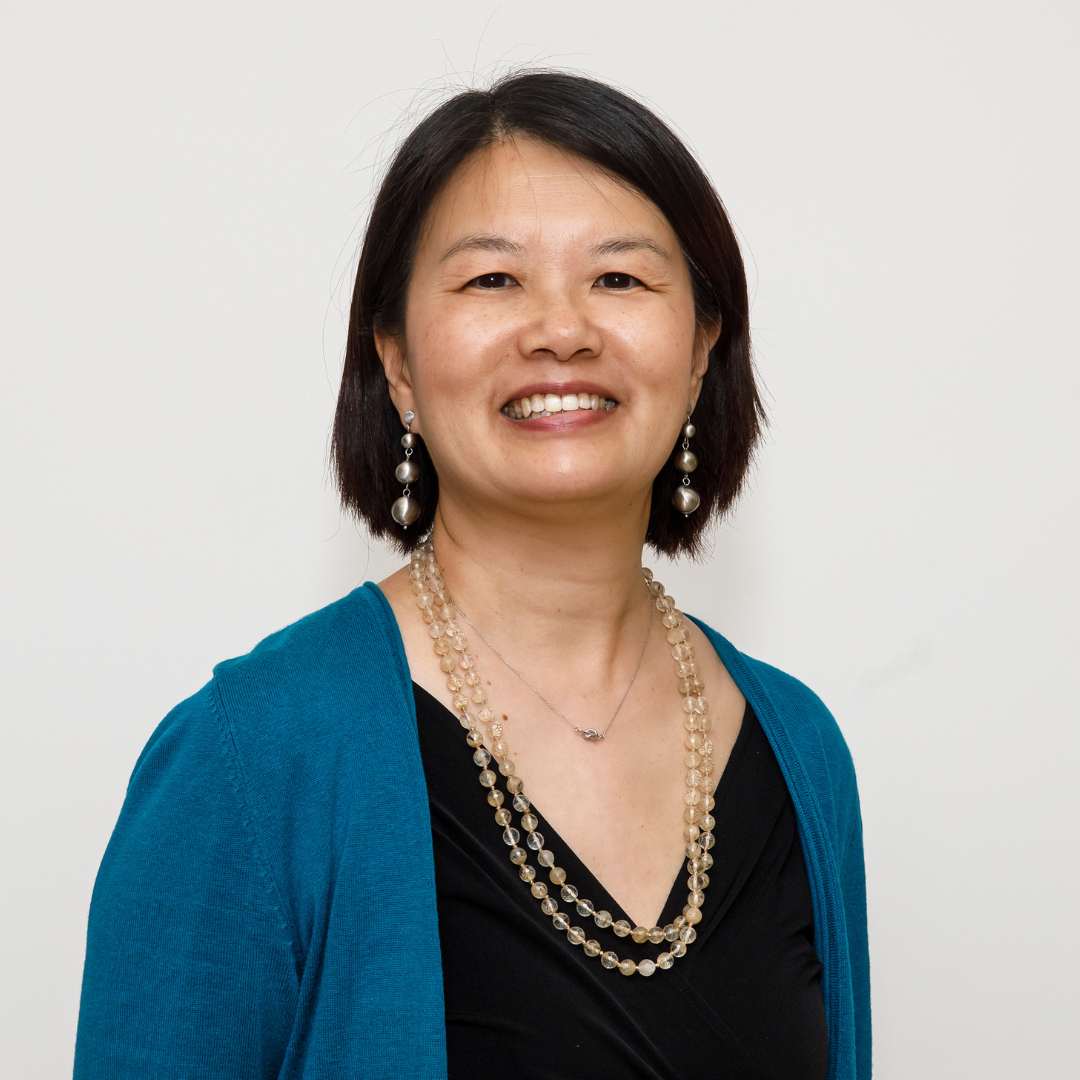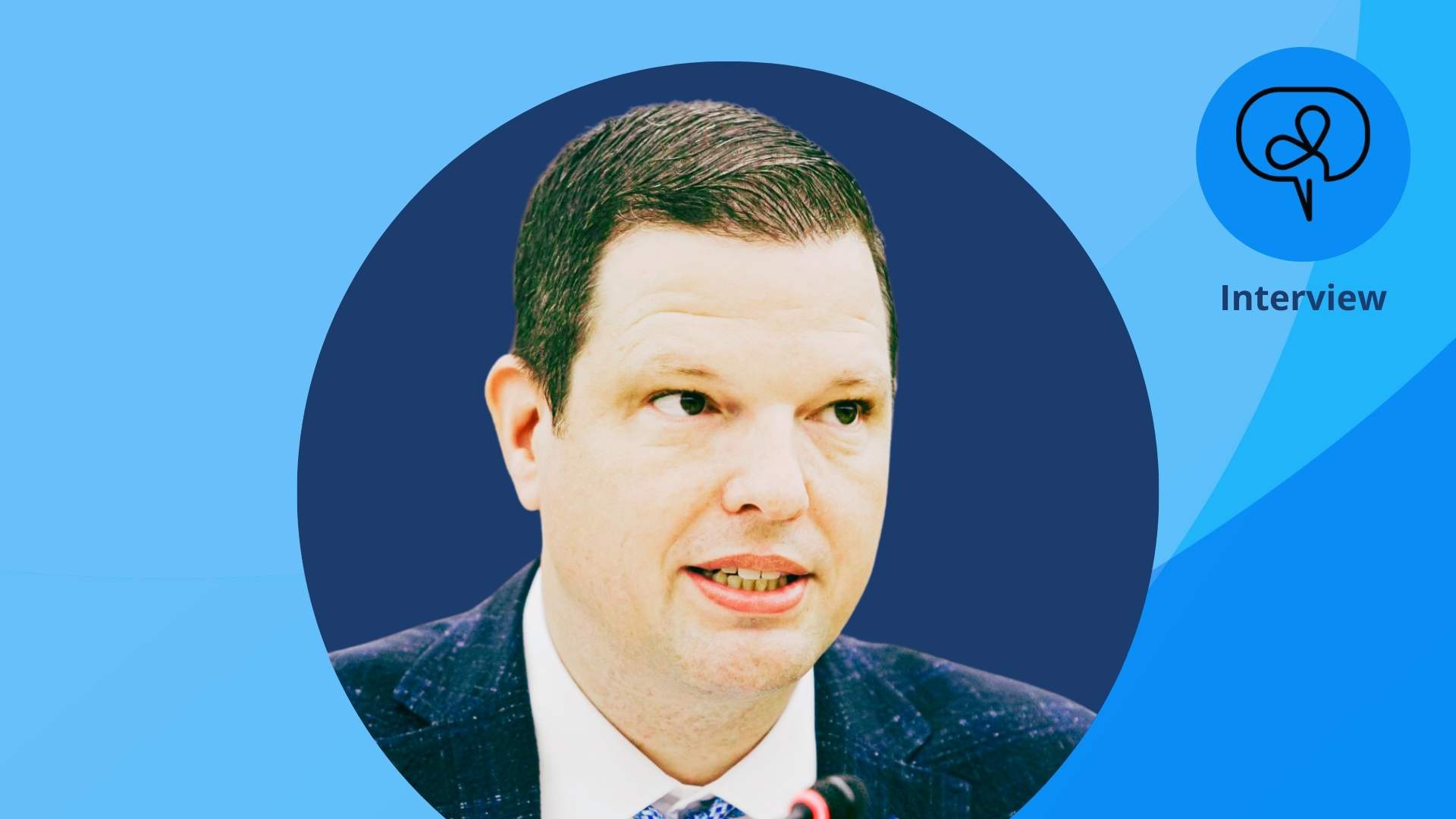
Conrad Rein, the outgoing Co-Chair of the Donor Platform, reflects upon the pivotal moments and future pathways that have marked his three-year tenure.
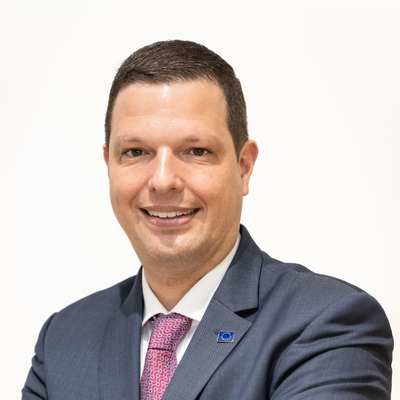
Conrad Rein
Director of Policy Outreach, Innovation Commission for Climate Change, Food Security and Agriculture, University of Chicago
More
Conrad Rein was Co-Chair of the GDPRD from May 2020 to July 2023 on behalf of the European Commission.
Secretariat/Michelle Tang: What are you most proud of during your co-chairmanship? How have these contributions positively impacted the rural development agenda?
Conrad: Central among the successes was the process to give new energy to the Donor Platform and find a new institutional home at the International Fund for Agricultural Development (IFAD). This transition, along with the commitment of the Secretariat and Board members, has played an instrumental role in guiding the Platform toward impactful results.
Our active engagement in the UN Food Systems Summit in 2021 was an accomplishment. The Secretariat had just transitioned to Rome, and despite the COVID-19 pandemic and sudden shift to virtual interactions, we all managed to produce the Food Systems Stocktaking Report, a white paper on donor coordination in transforming food systems, and a series of high-level events.
The 2022 Annual General Assembly in hybrid format was a pivotal milestone just coming out from lockdown and with the participation of diverse actors, including young people from Africa. This reaffirmed my conviction that we need to do more as a donor community to showcase success stories. The Senior Managers Meetings and this year’s events on data and country coordination were also testimonials to the vibrant exchange of ideas and coordination that is a cornerstone of GDPRD's ethos.
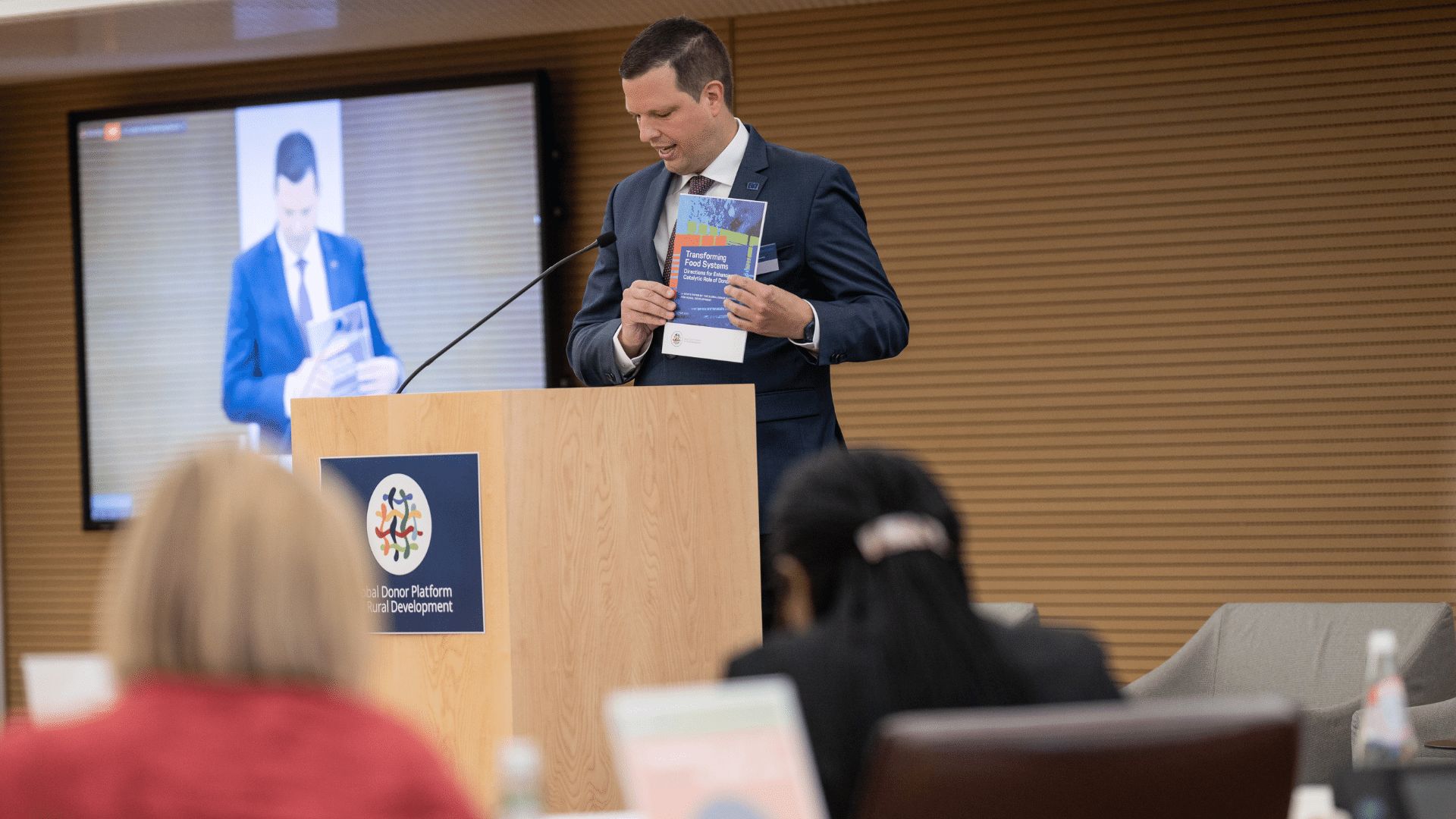
We know the problems; now we need to focus on how to best address these challenges.
I believe coordination and exchange of information has improved among the donor community. The GDPRD has provided a pivotal platform for facilitating formal and informal dialogues between key global players, including European Union members, the United Kingdom, the United States, Australia, and others. These interactions, often operating under the Chatham House rules, have fostered a sense of camaraderie and shared purpose, transcending geopolitical boundaries.
The true challenge lies not in identifying problems but in collectively devising effective solutions, particularly in the wake of heightened global tensions such as the conflict in Ukraine. We know the problems; now we need to focus on how to best address these challenges.
That's why I come back to the importance of engaging young people, women, and grassroots communities. The launch of an Instagram channel to spotlight success stories was driven by a realization that the very individuals whose lives stand to be most positively impacted by rural development are often relegated to the sidelines in discussions between the donor community and target countries. It is crucial to amplify these voices to showcase what is happening with taxpayers’ money.
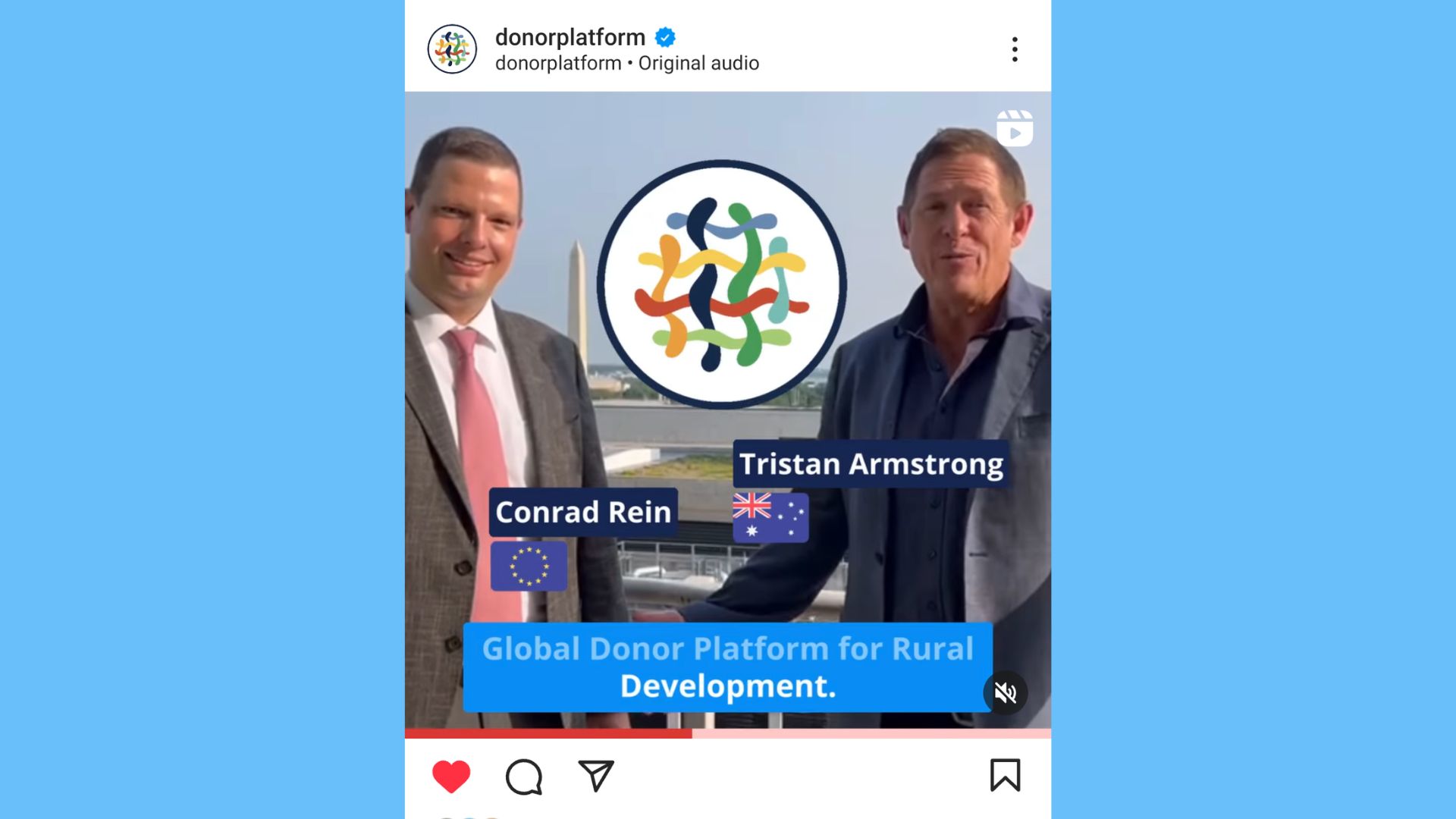
That's why I come back to the importance of engaging young people, women, and grassroots communities. [...] It is crucial to amplify these voices to showcase what is happening with taxpayers’ money.
Michelle: As you pass the baton on, what is your advice to ensure the continued success and effectiveness of the Donor Platform? Are there untapped opportunities or areas for growth?
Conrad: Board members have a key role in driving the Platform's success and I emphasize the need for their enhanced engagement as a cornerstone of the GDPRD. We need more success stories and case studies to serve as potent tools for inspiring and empowering stakeholders. Moreover, the GDPRD should be present at major international events, such as the United Nations General Assembly, to help attract additional membership and increase influence.
Finally, there's enormous potential among the donor community to align policies with great potential to join forces in using our limited public funding more effectively and efficiently. This is something we should not give up on no matter how difficult. The GDPRD should certainly promote this as at the end of the day, we don't need theoretical debates anymore, we need to focus our attention on the impact on the ground.
Michelle: Could you say a few words about co-chairing with Tristan Armstrong over the last two years?
Conrad: My collaboration with Tristan shows the global nature of the Donor Platform. He brings an Asian-Pacific perspective and a reminder that there are many countries beyond Africa affected by the issues we are trying to address and that we need to think about how to engage with countries like China, India, and Indonesia.
I was extremely happy when Tristan joined, and we developed a very close relationship, even though we only met in person in May due to COVID travel restrictions. I wish him all the best.
The GDPRD celebrating 20 years this year is a great moment to reflect on how the Platform is still very much needed. I hope Board members will become even more involved and see the GDPRD as an important tool for coordination, for better impact on the ground, and for improving the livelihoods of millions of people.
Conrad is now Director of Policy Outreach of the Innovation Commission for Climate Change, Food Security and Agriculture, launched by the Development Innovation Lab founded by Nobel Prize winner Michael Kremer at the University of Chicago. Even in his new role, he will continue to be a champion and close partner of the Global Donor Platform.

